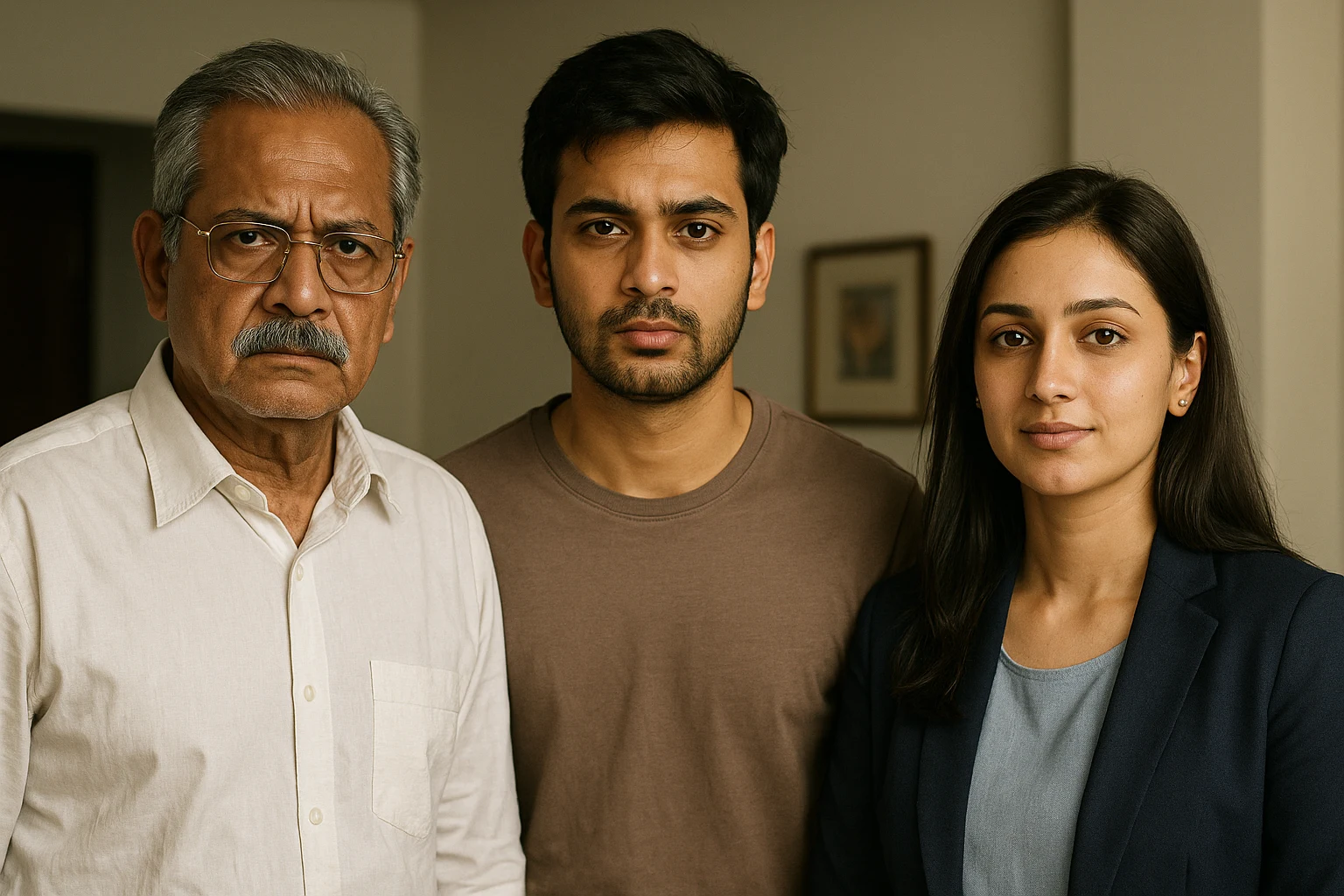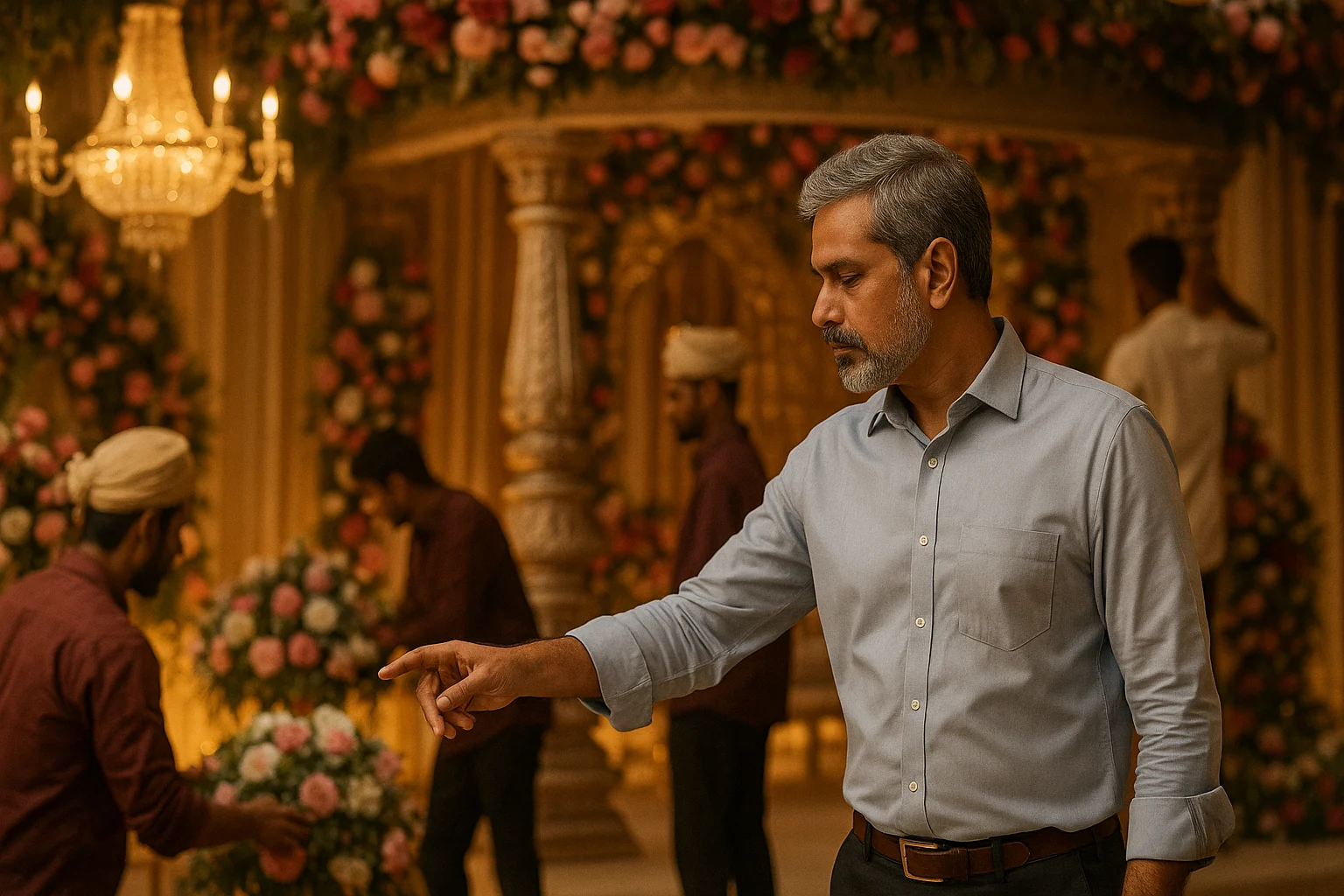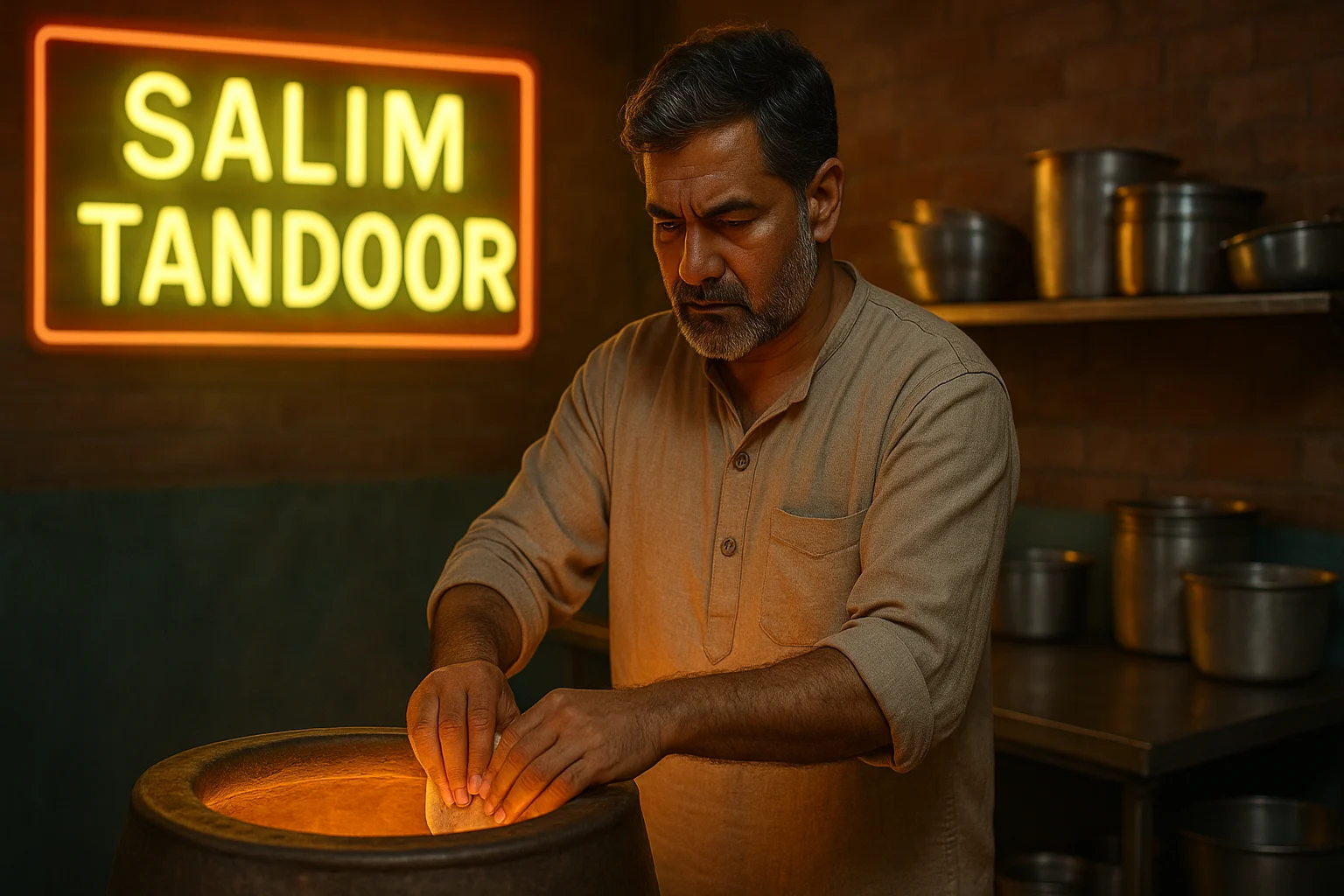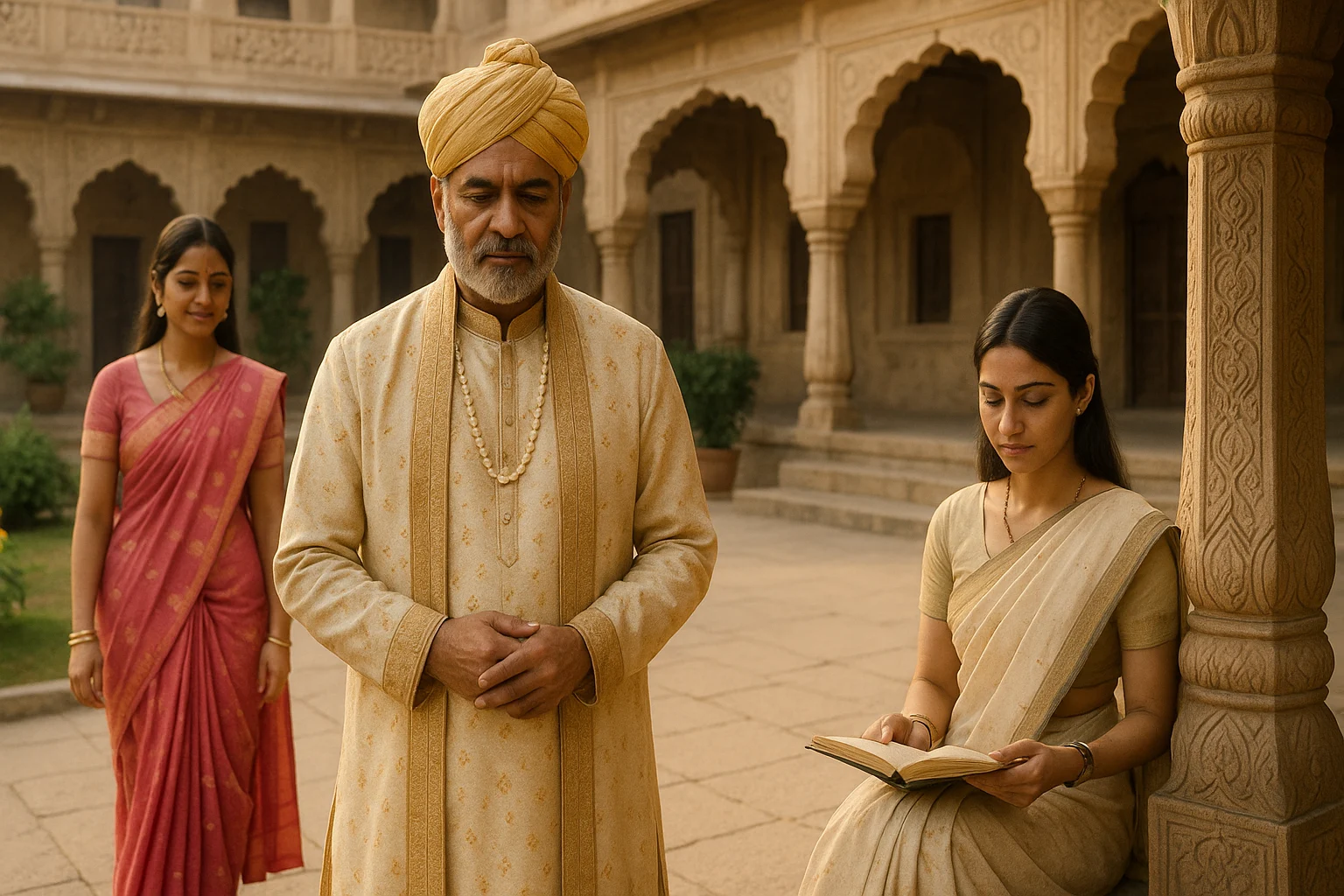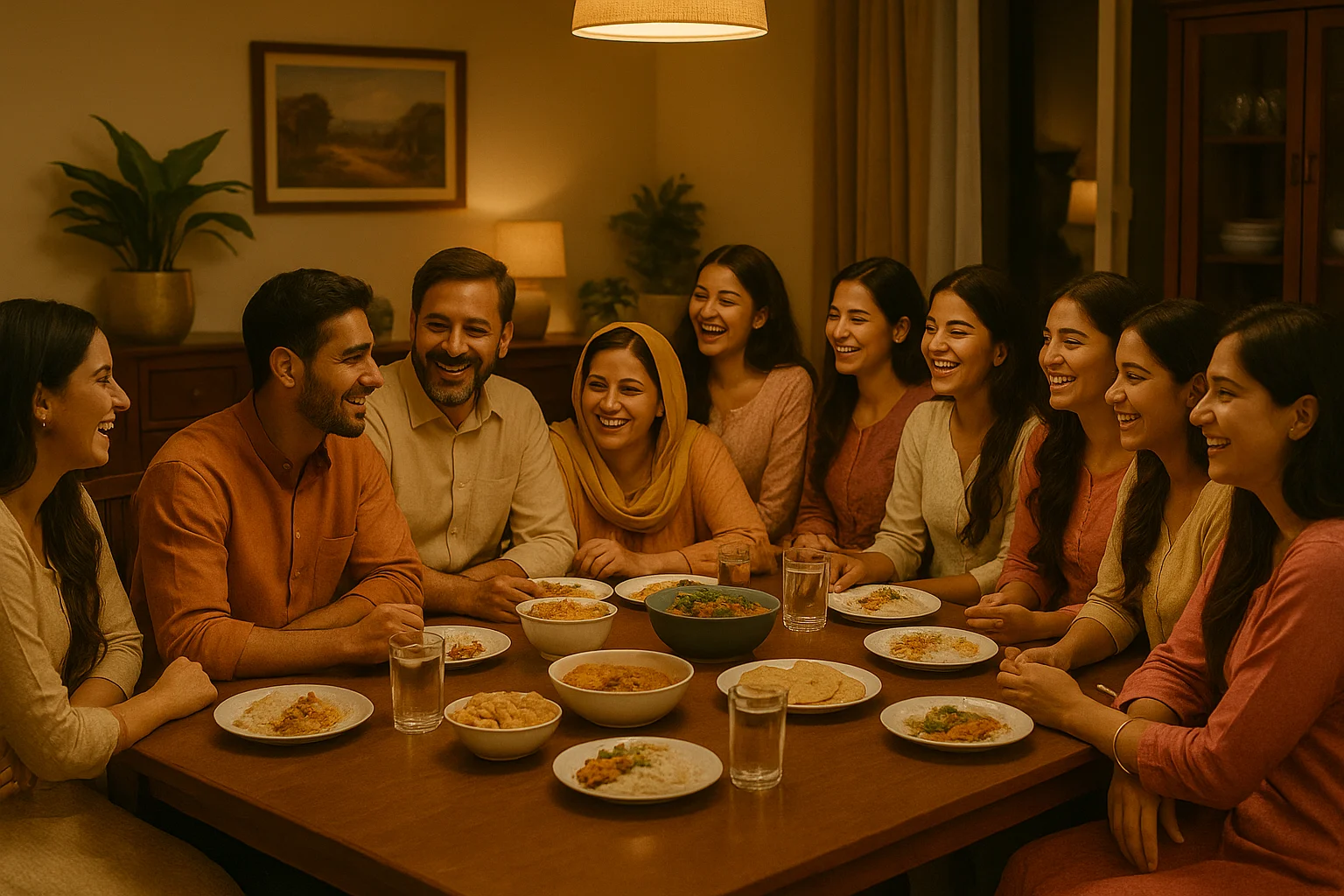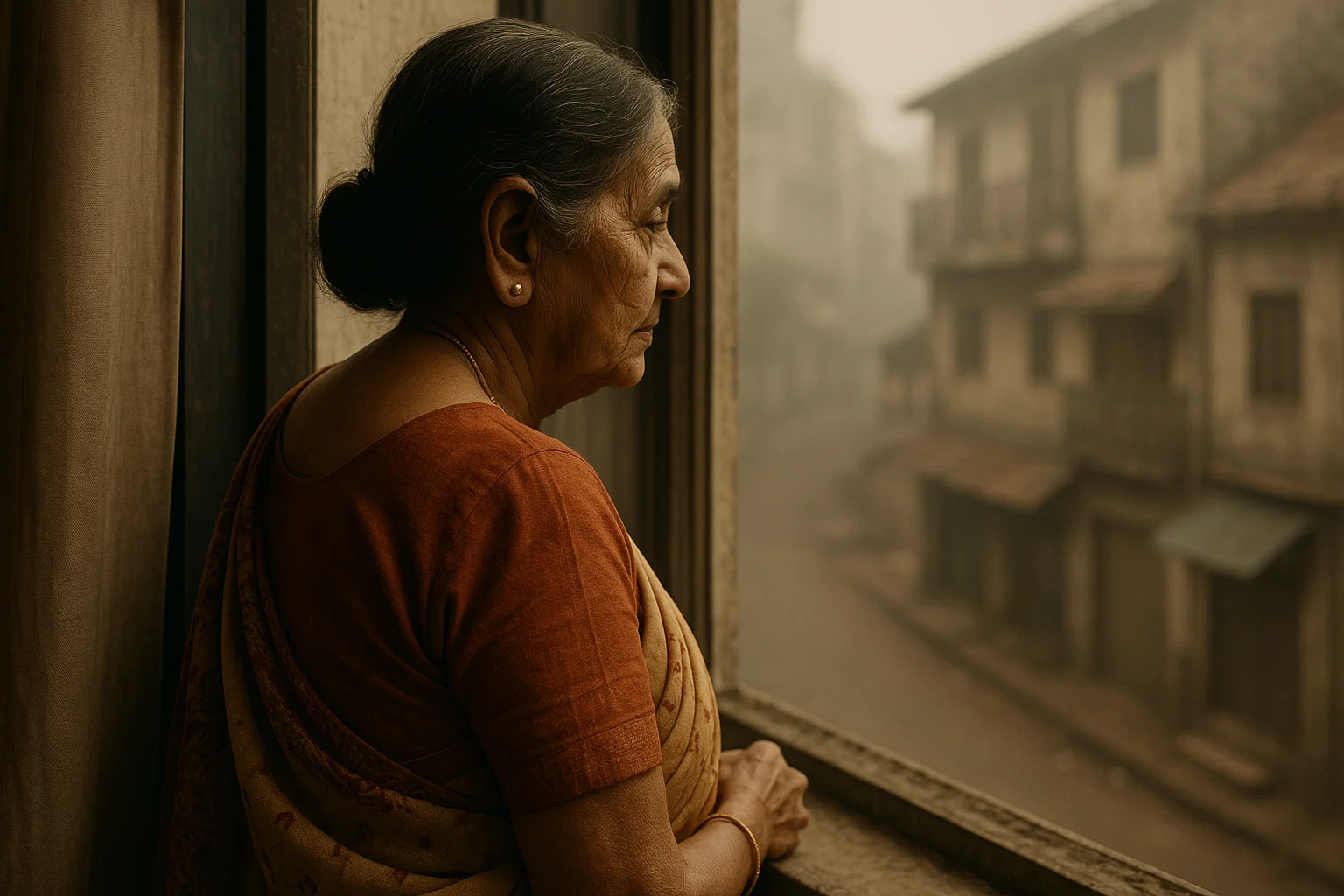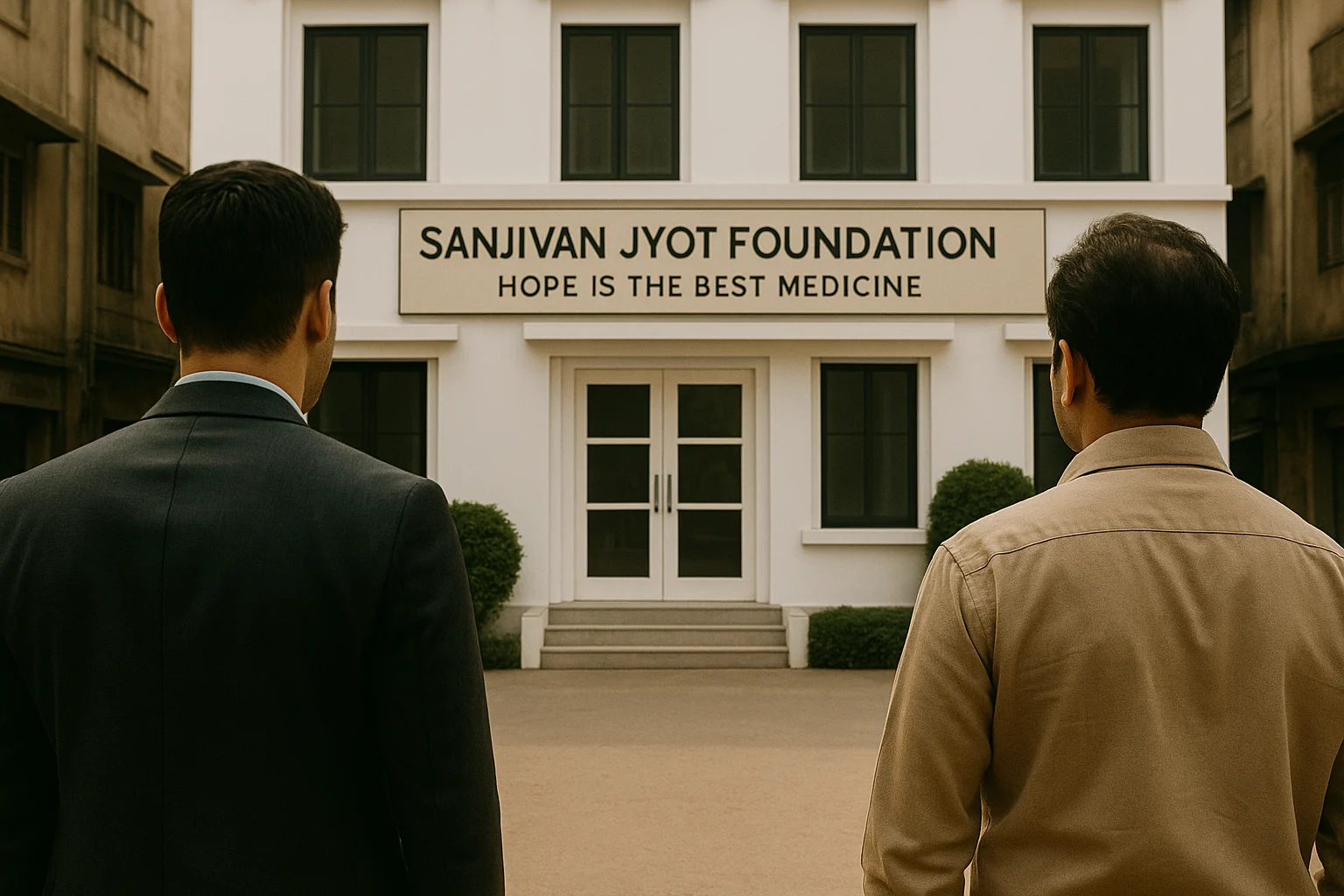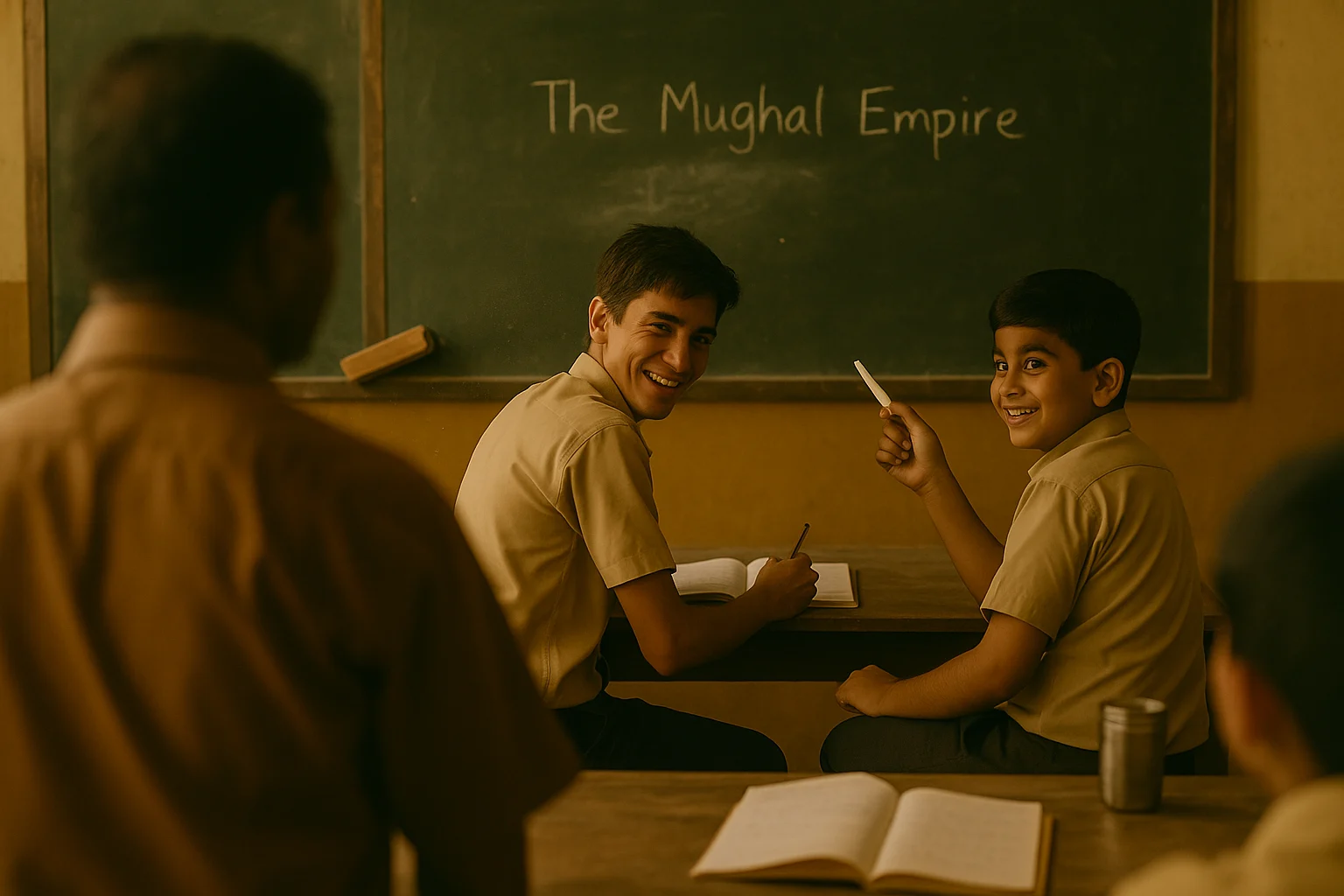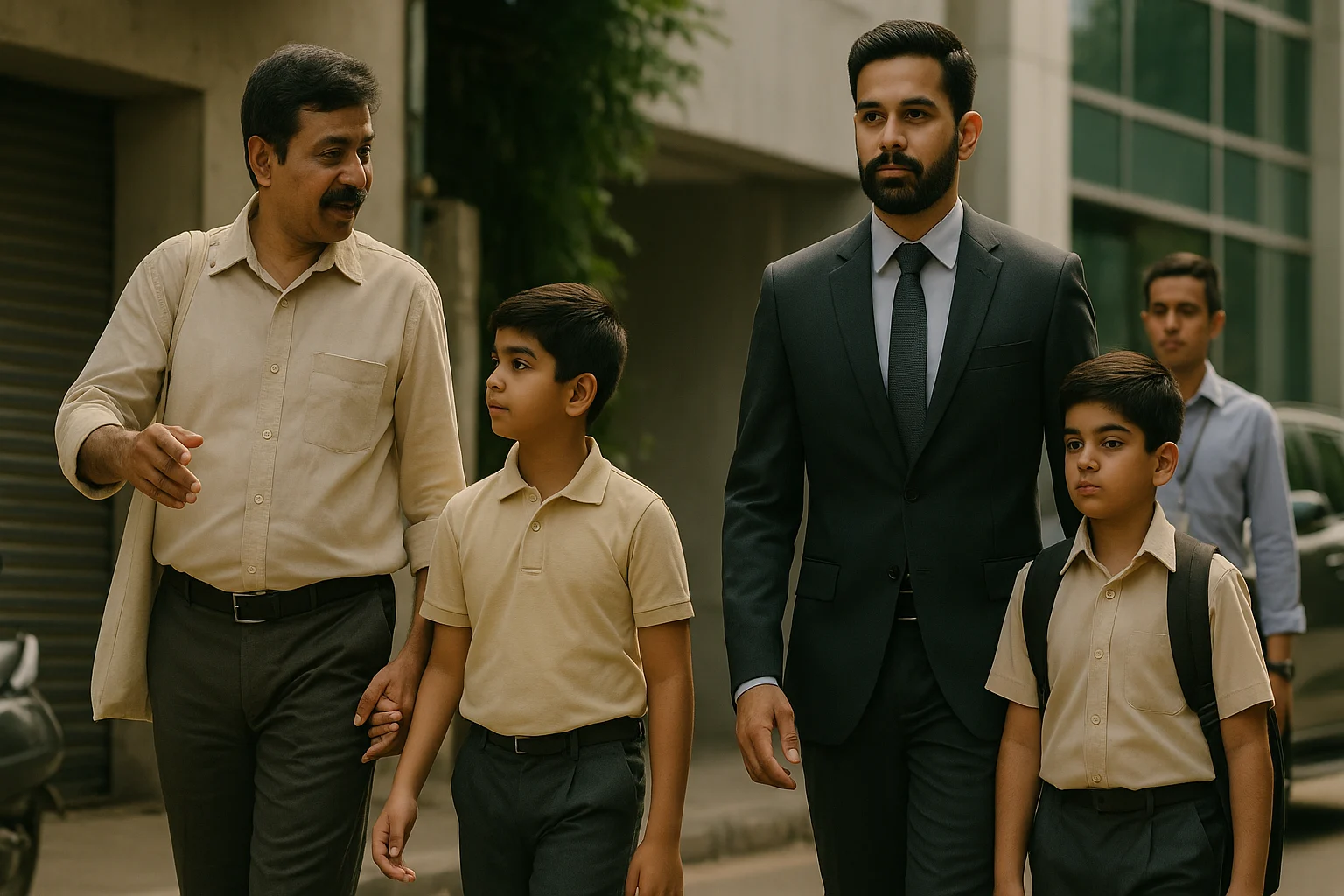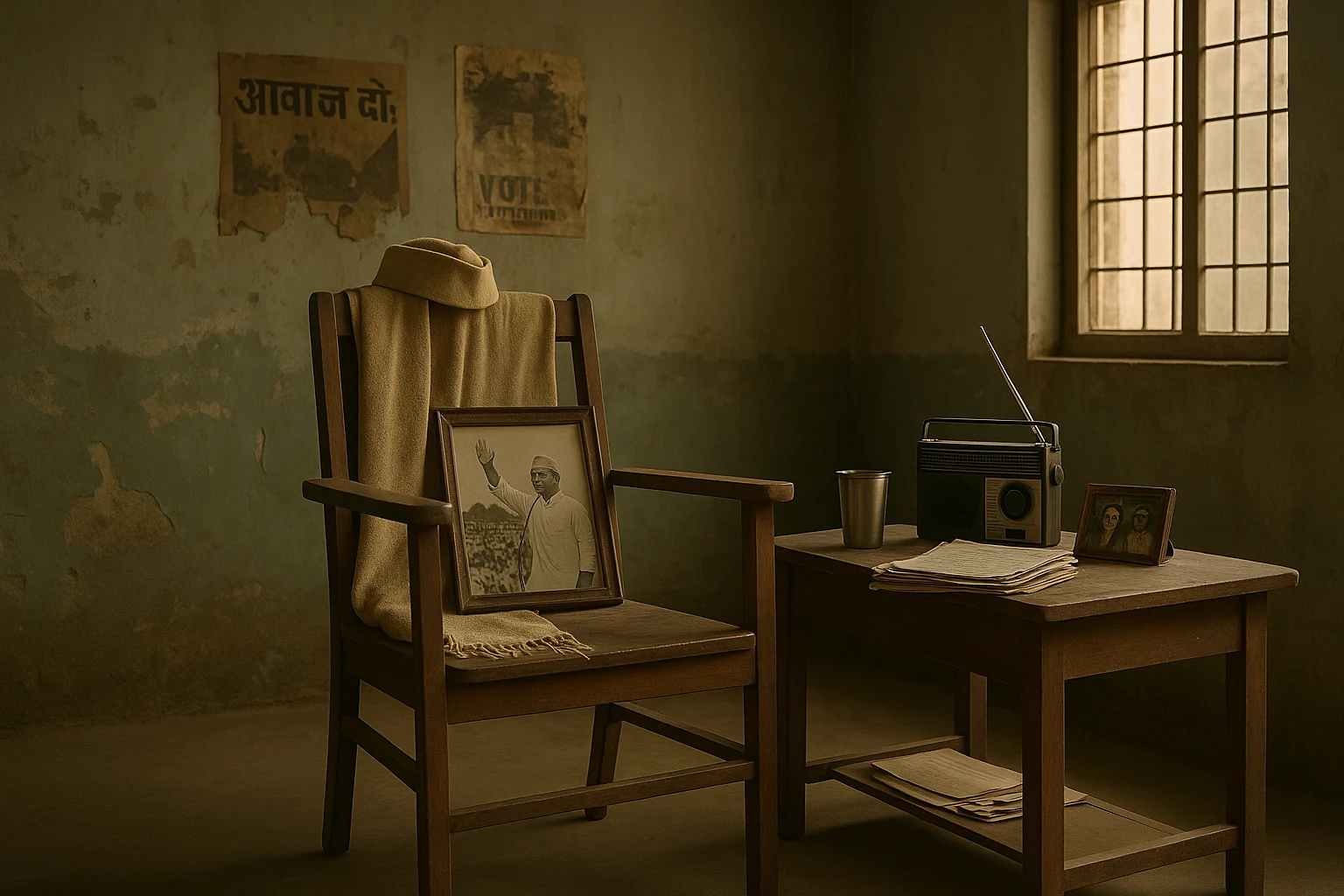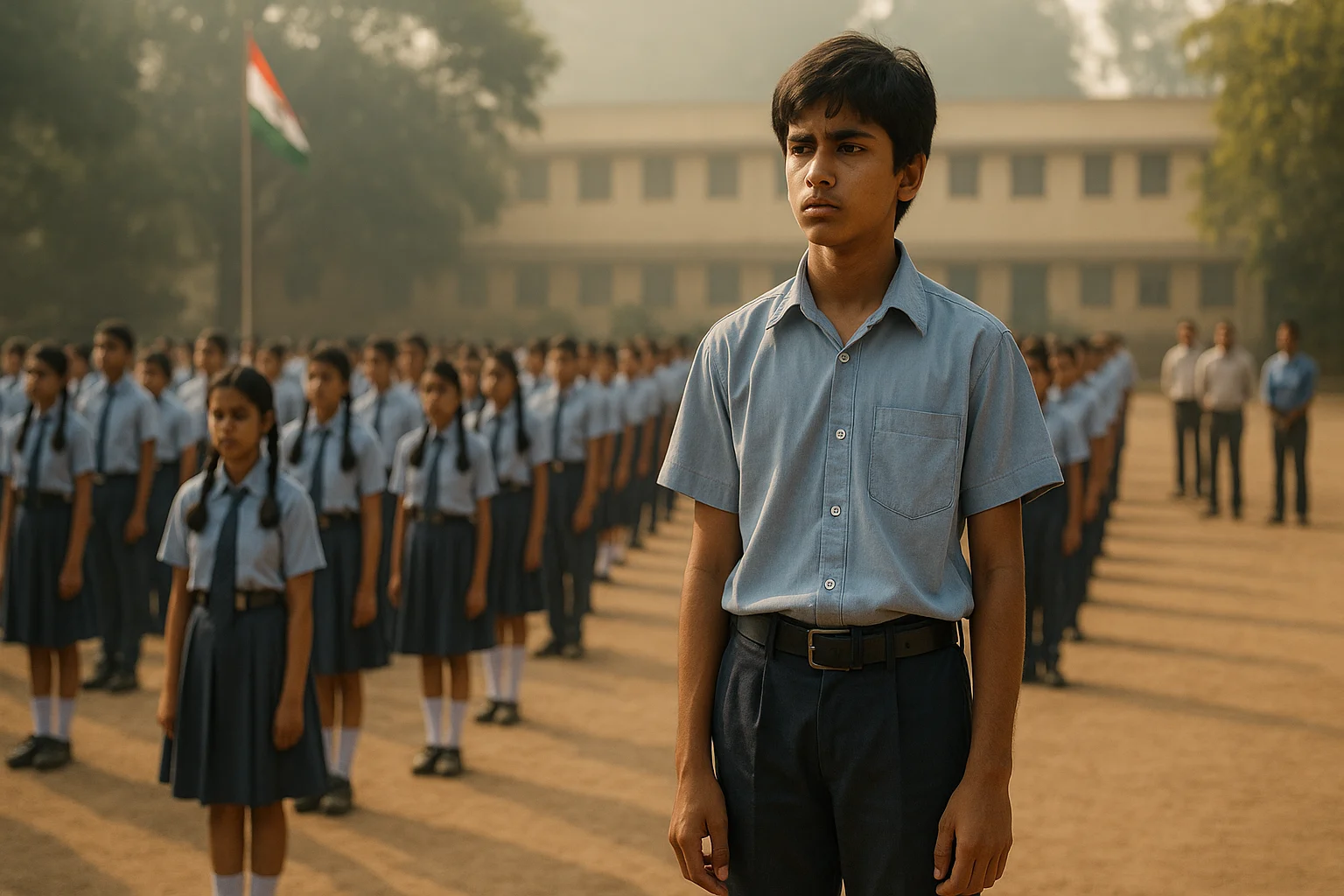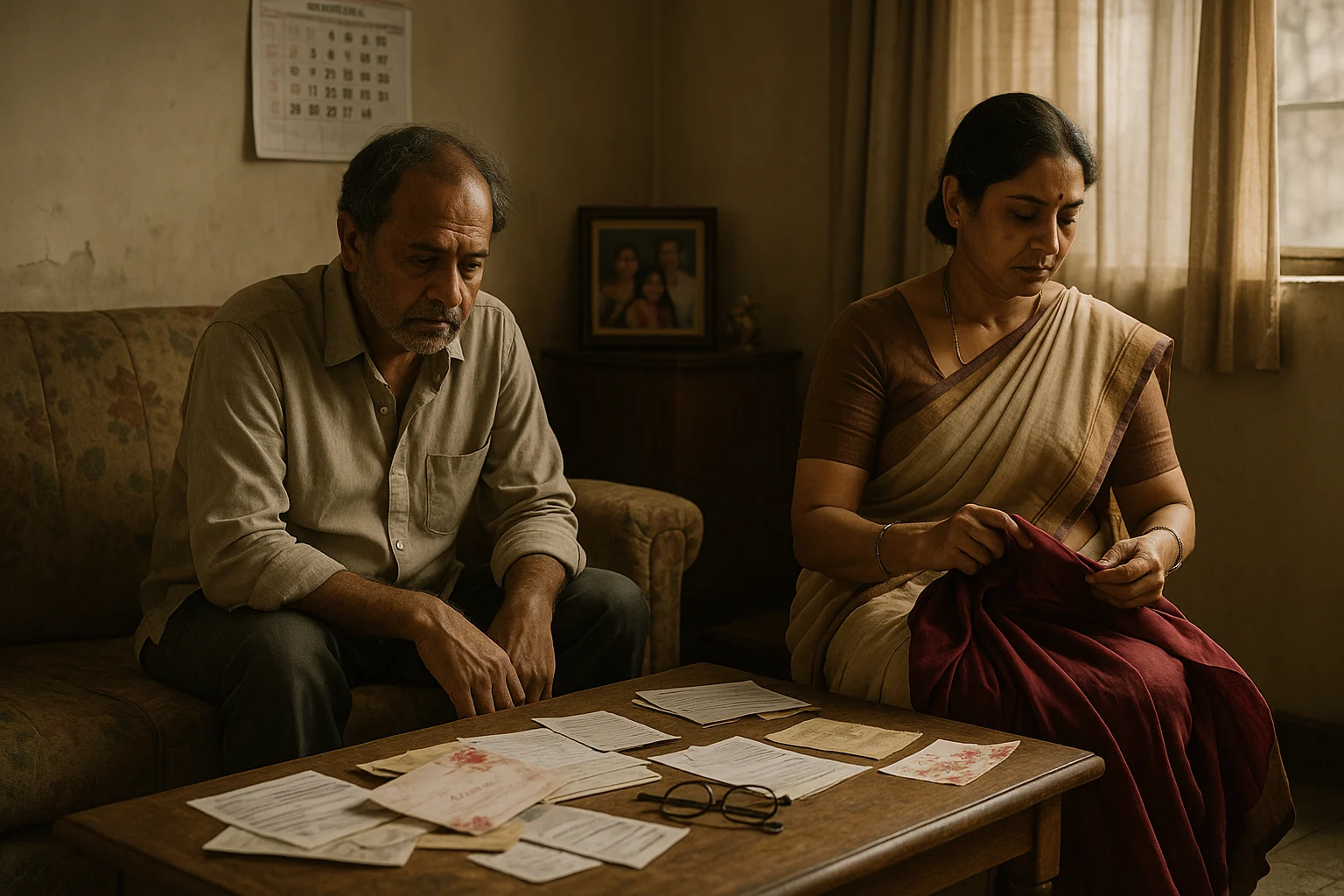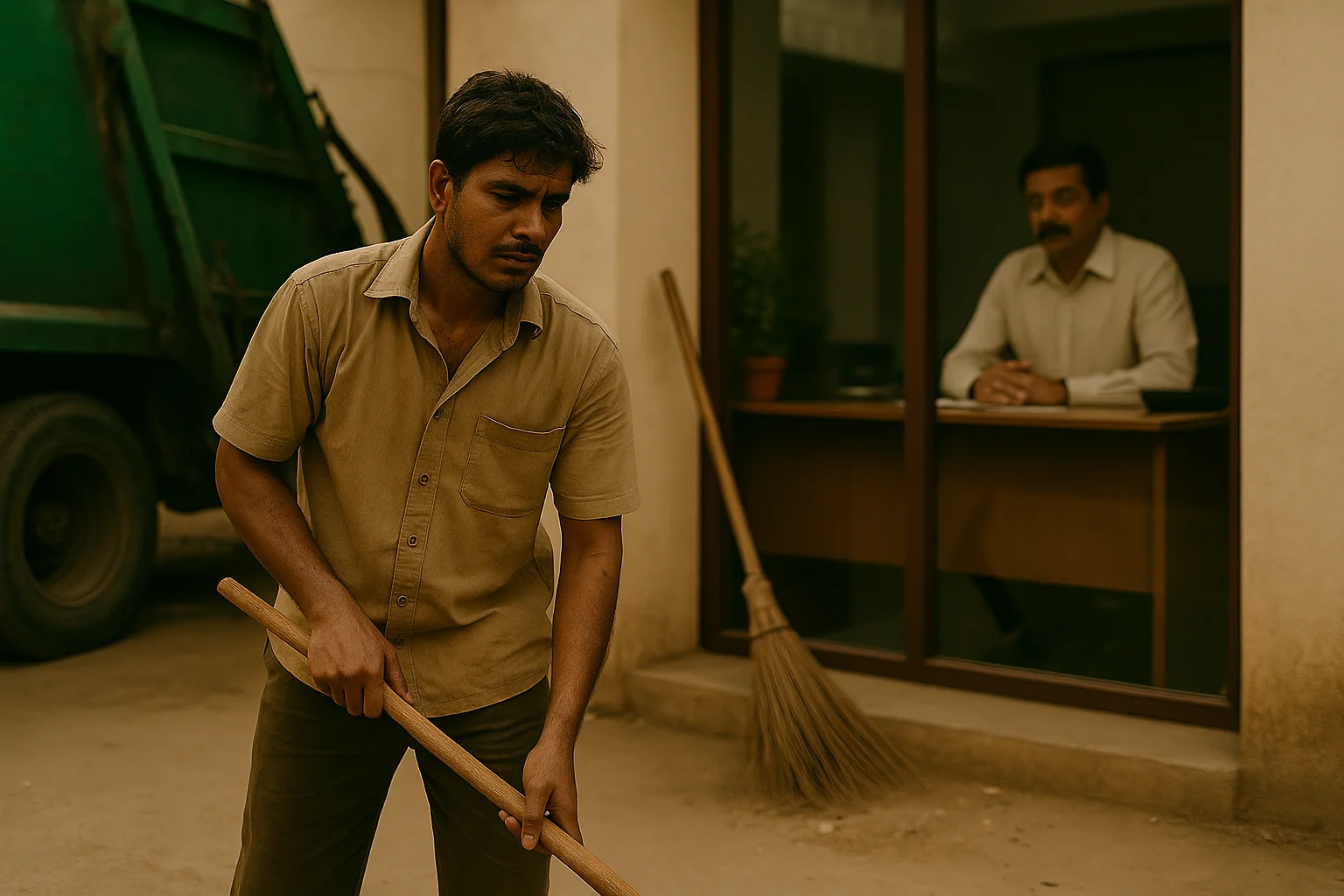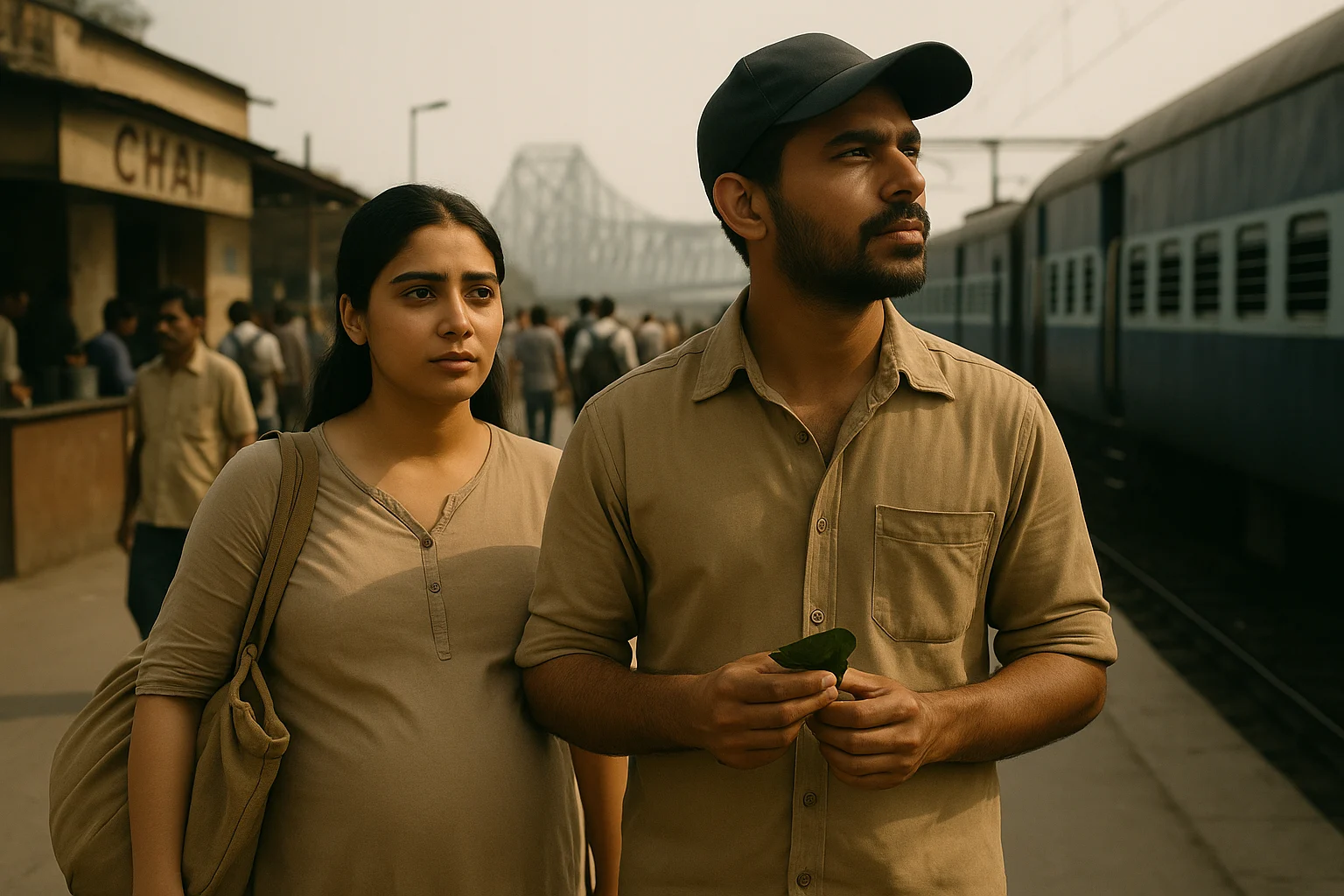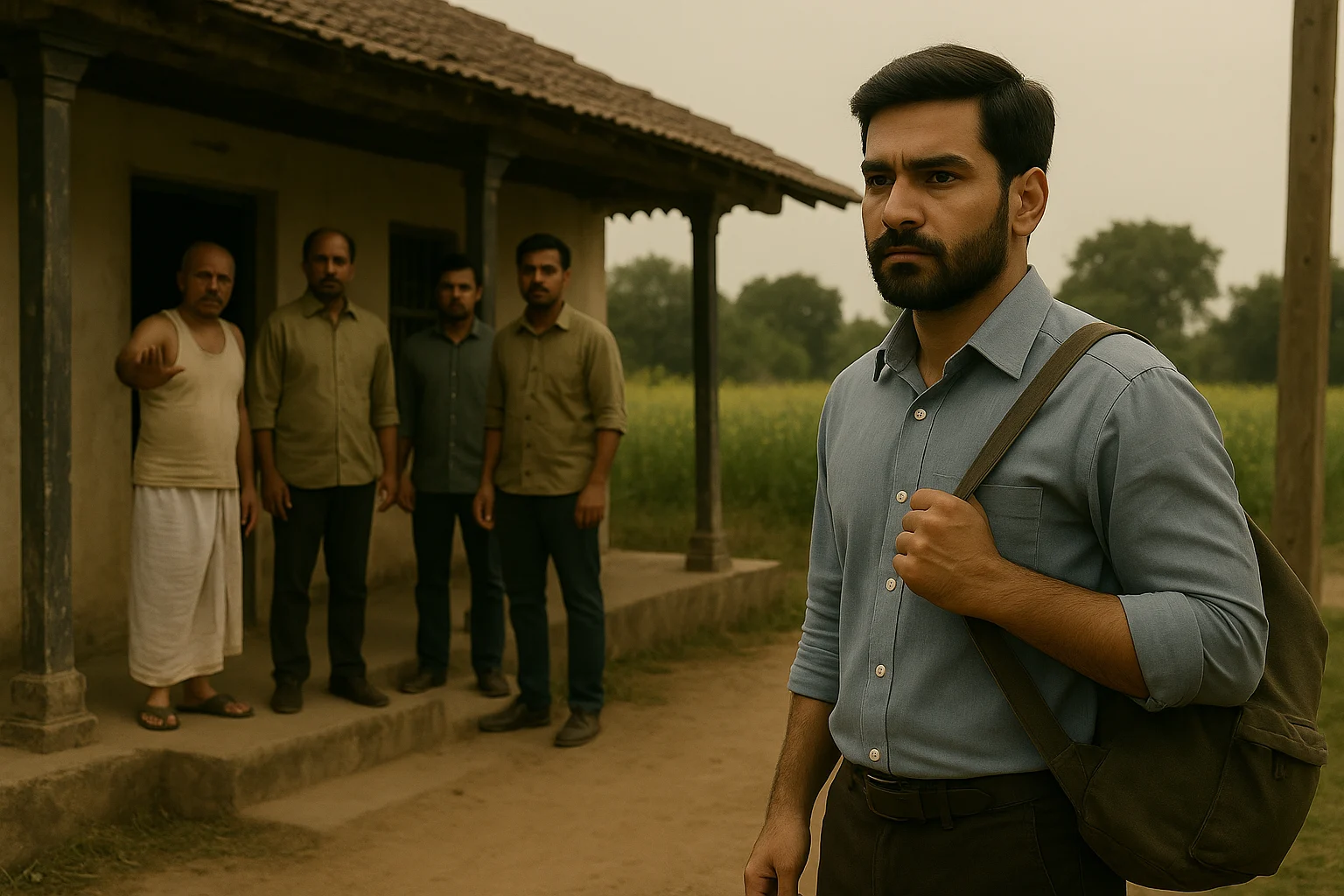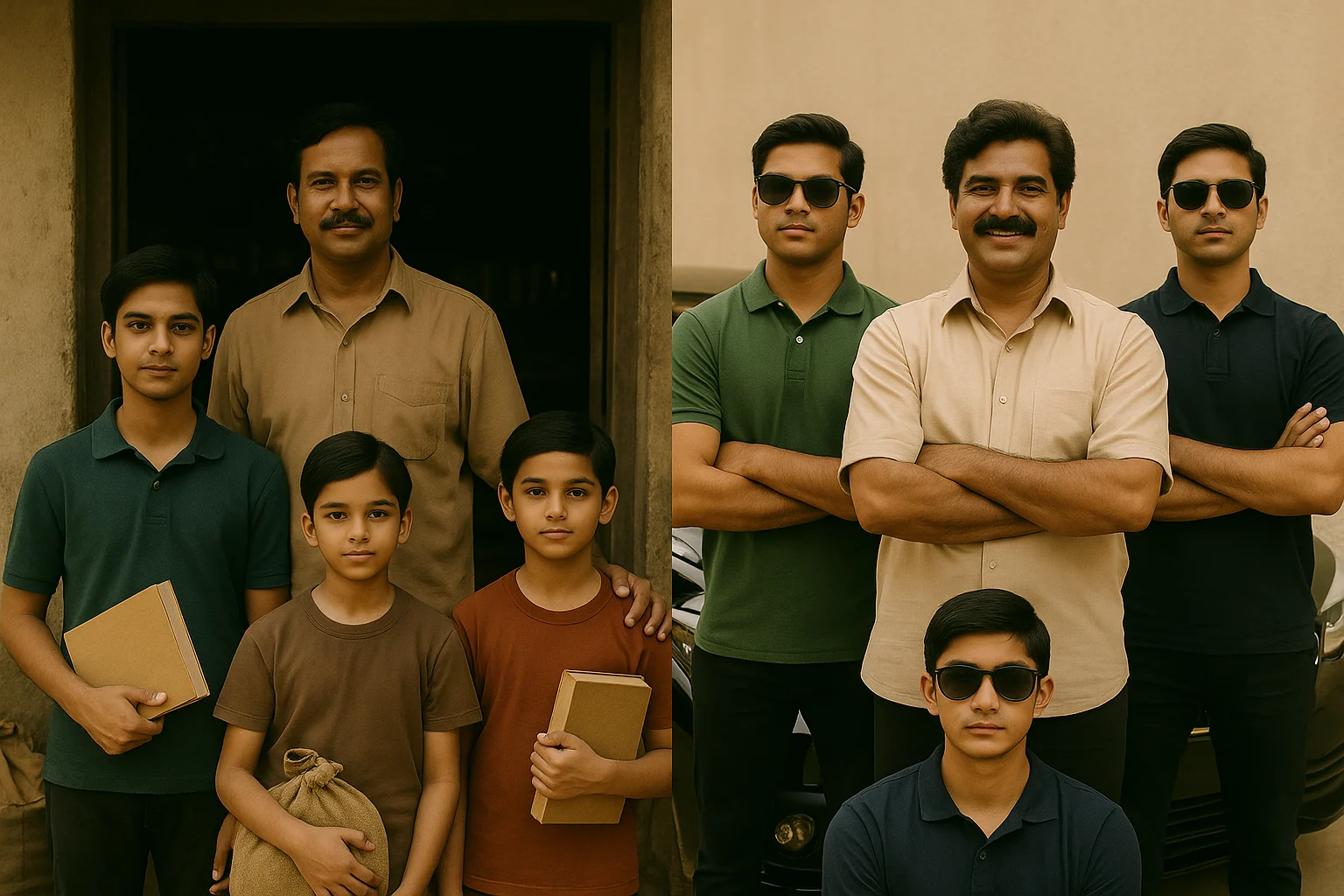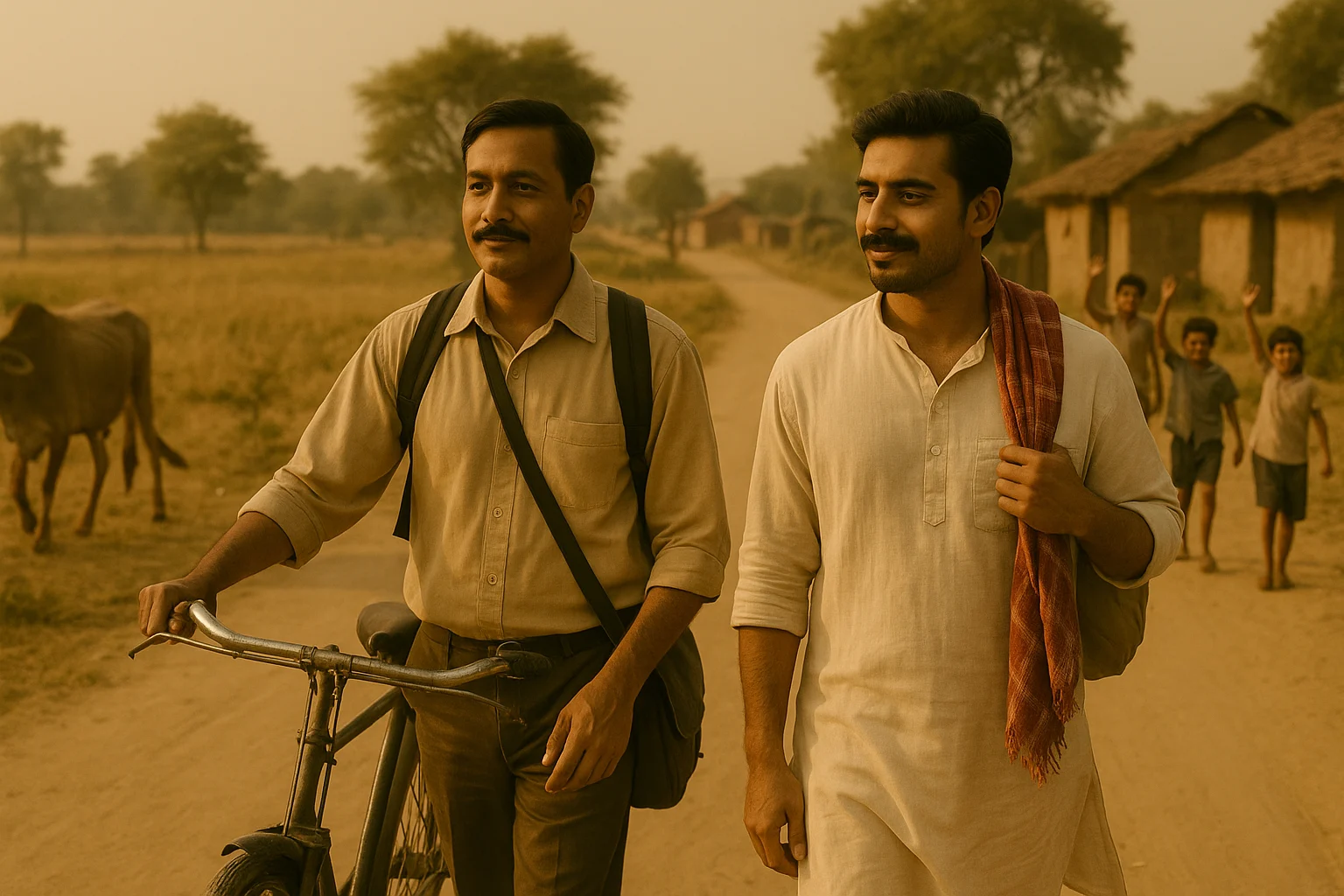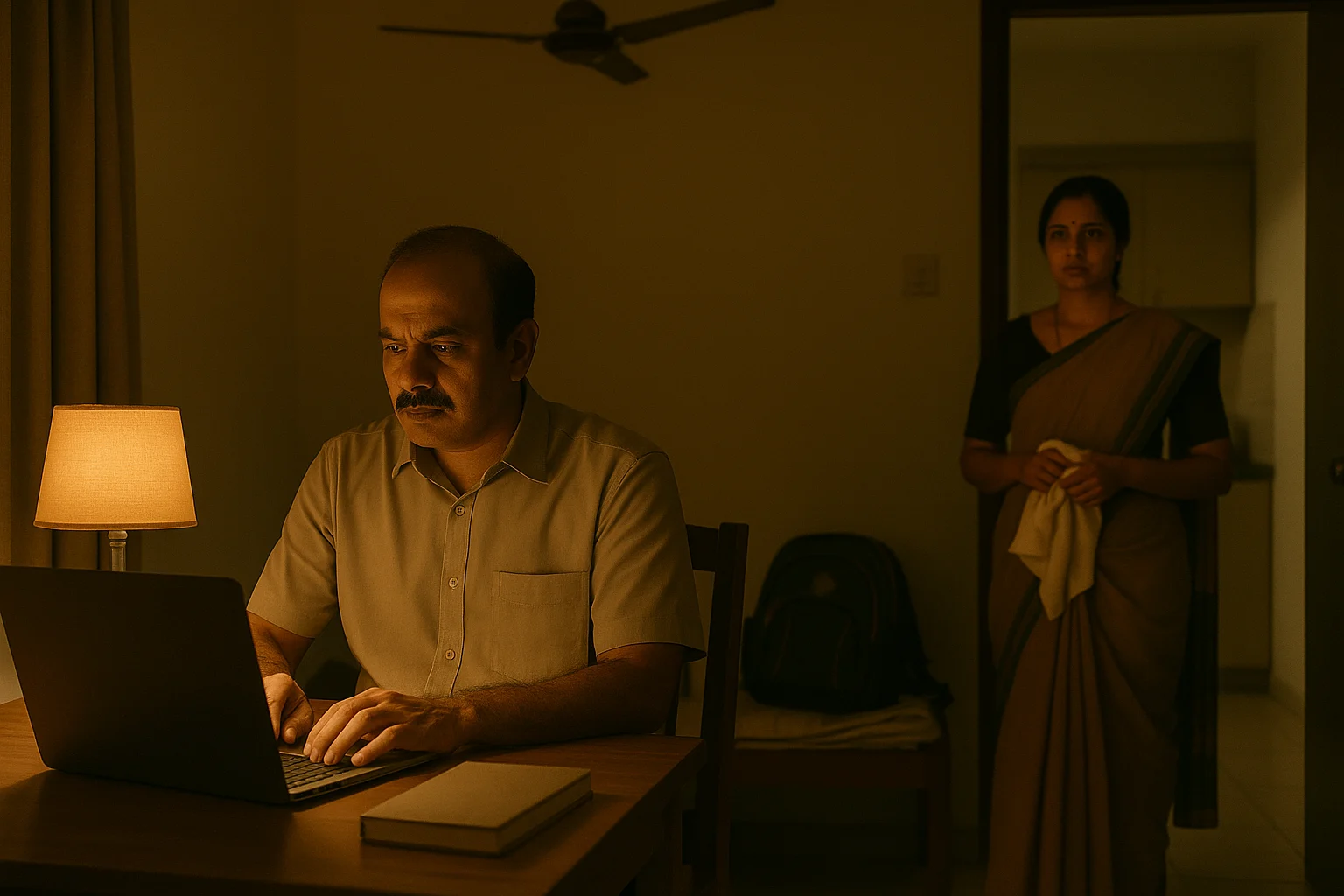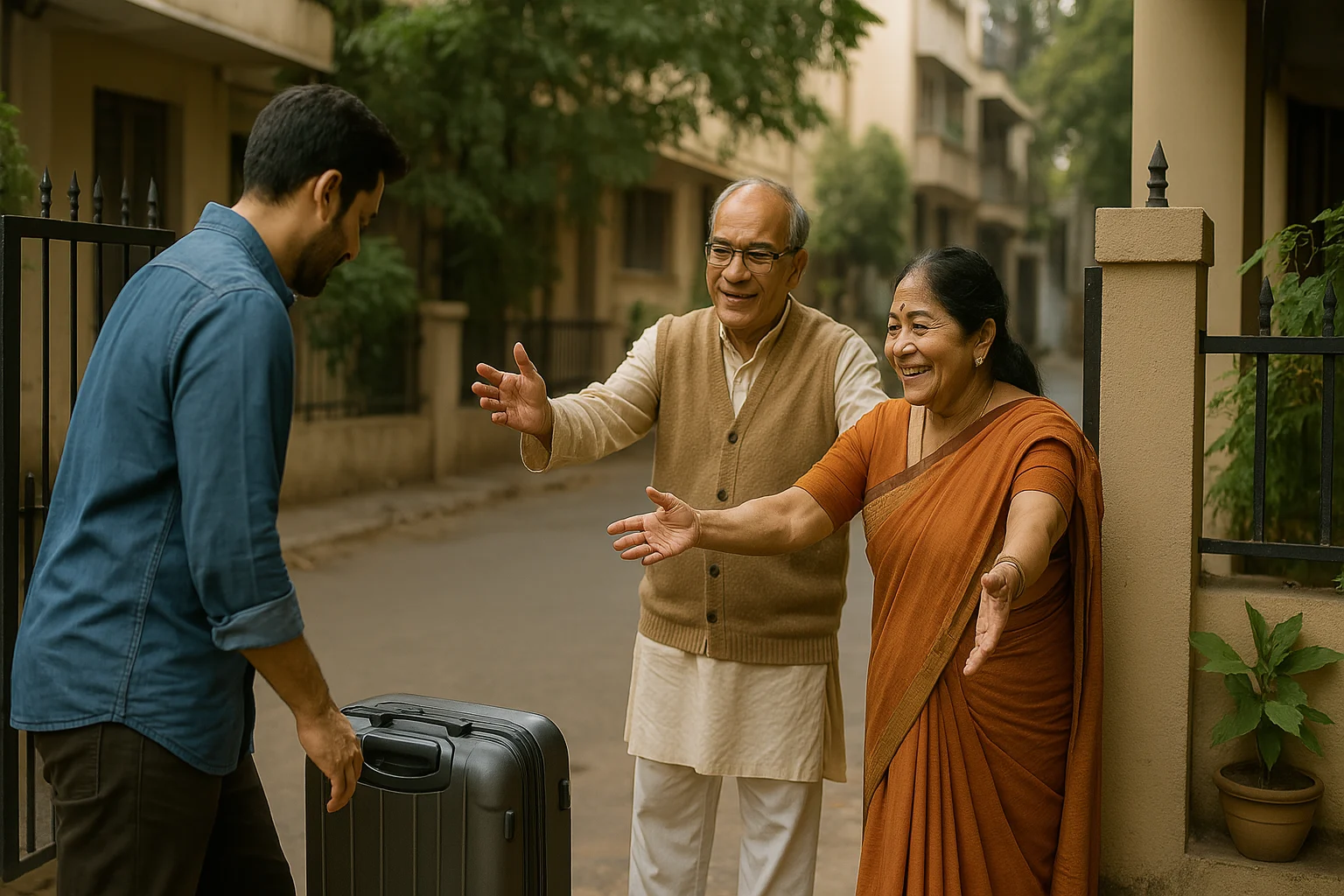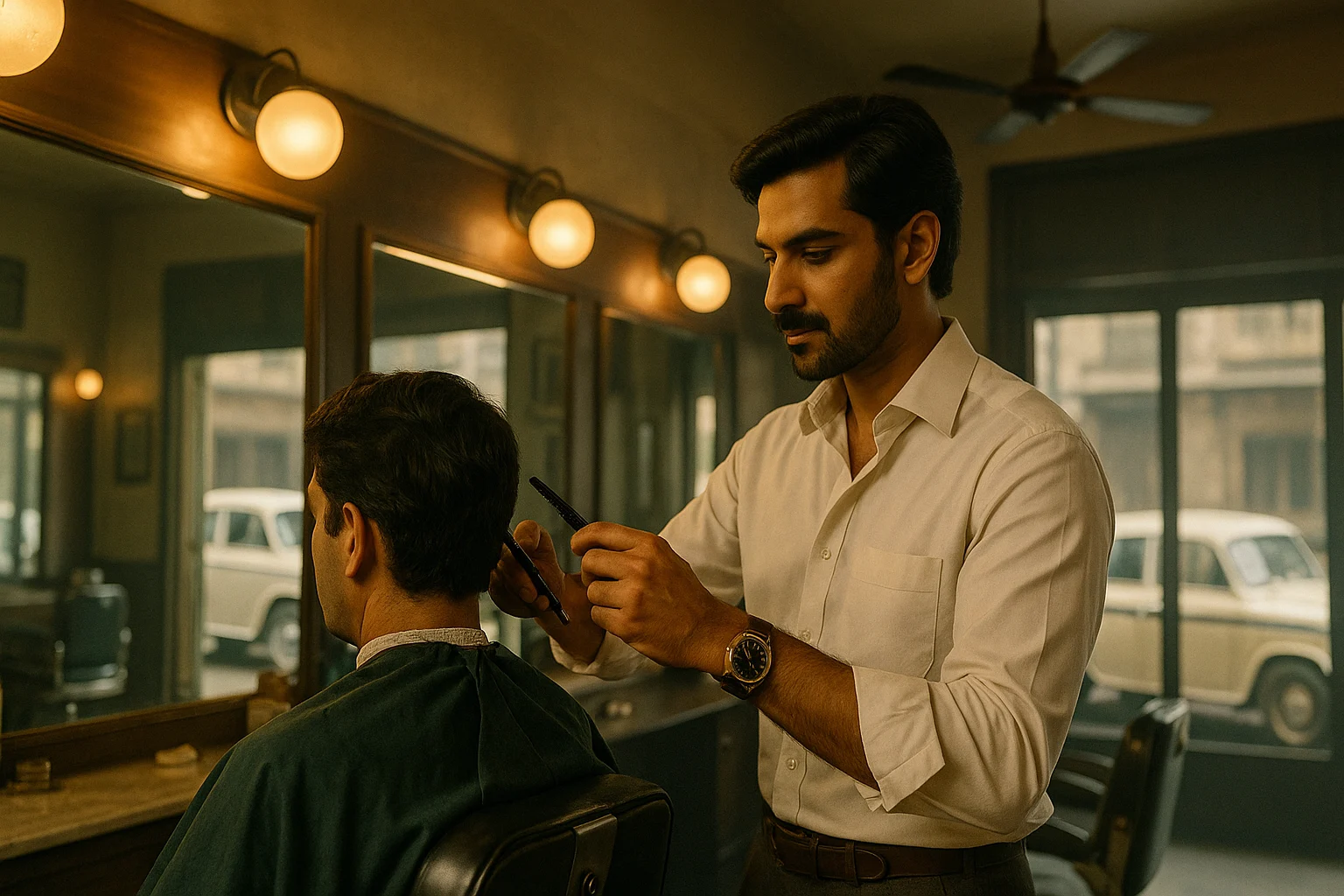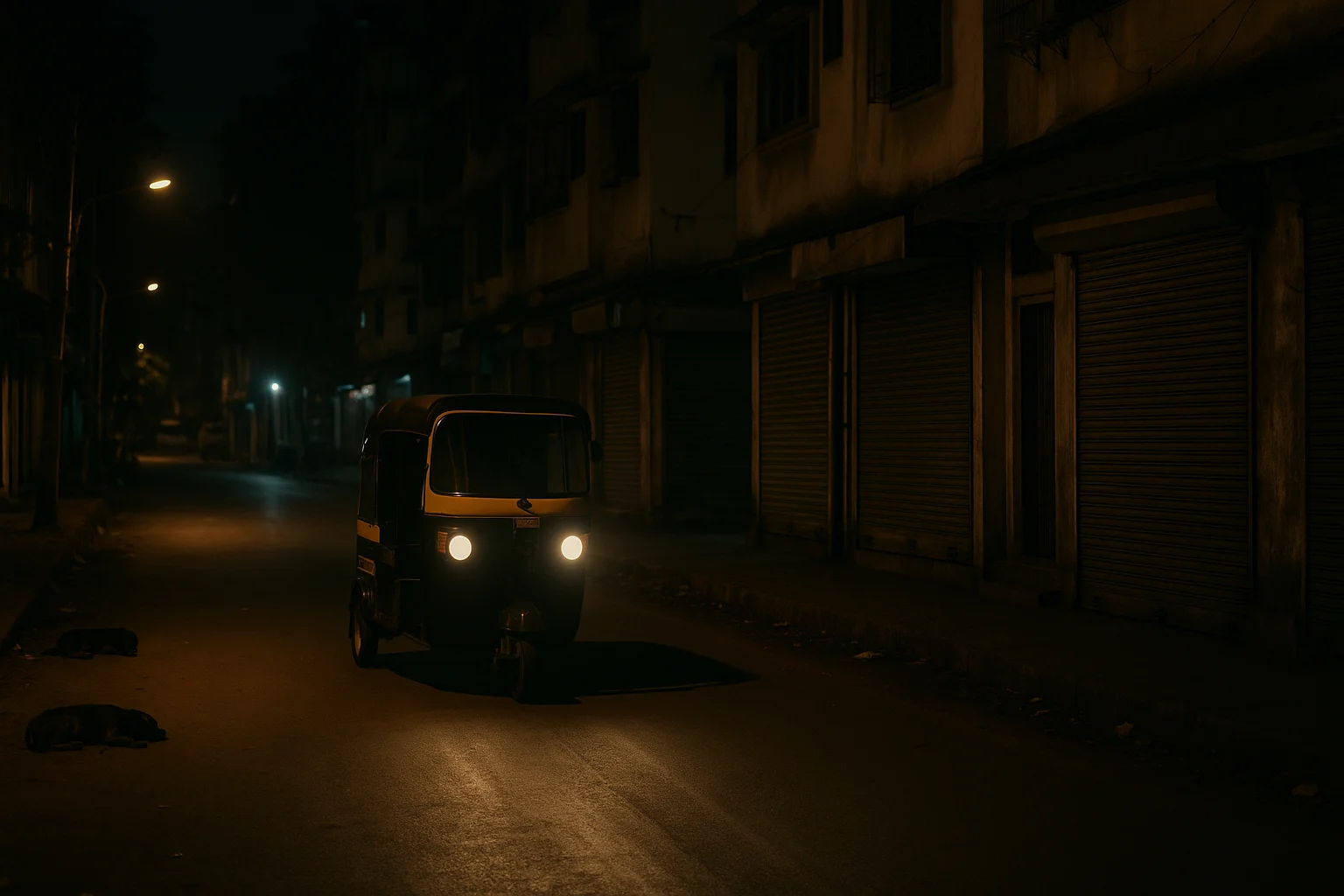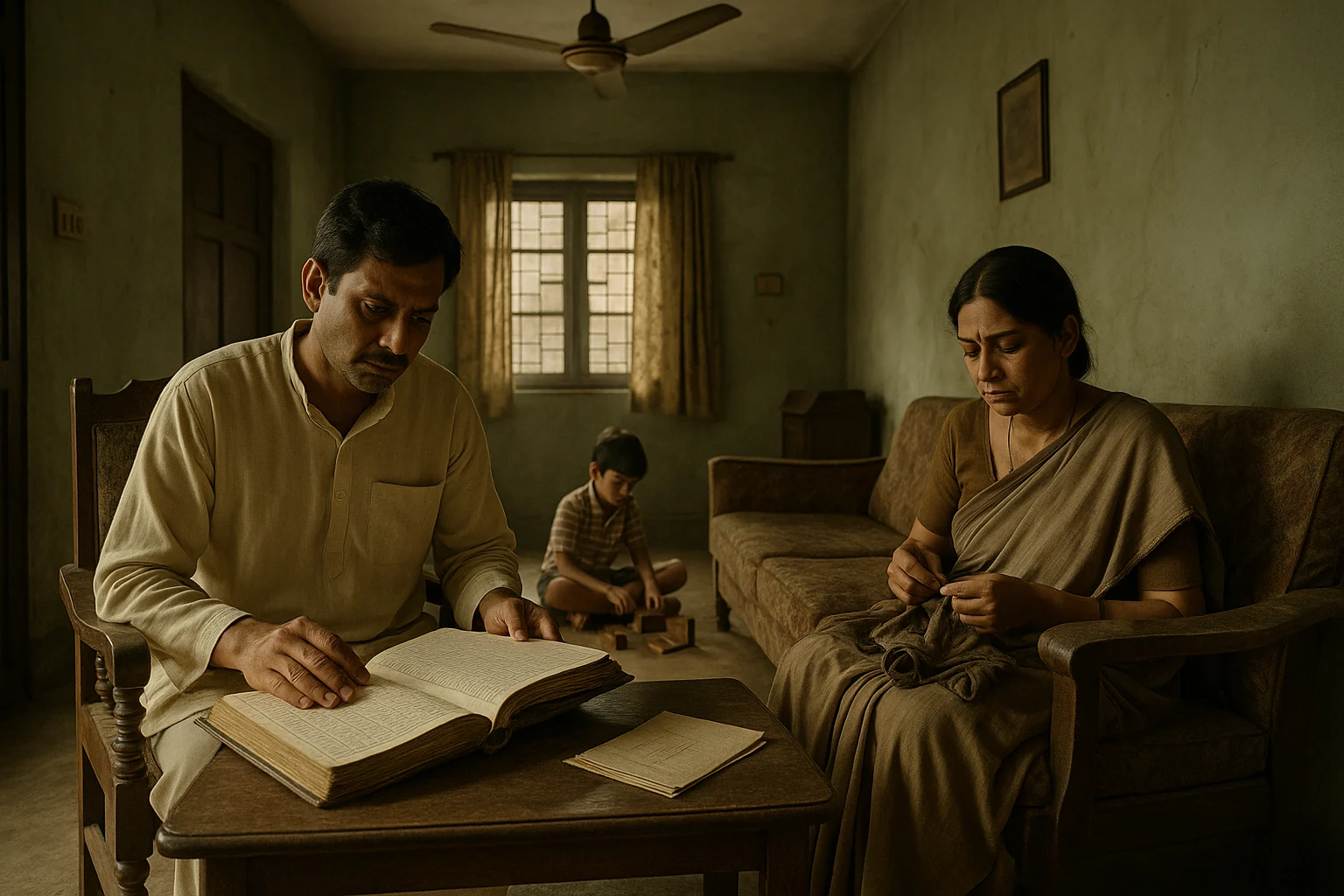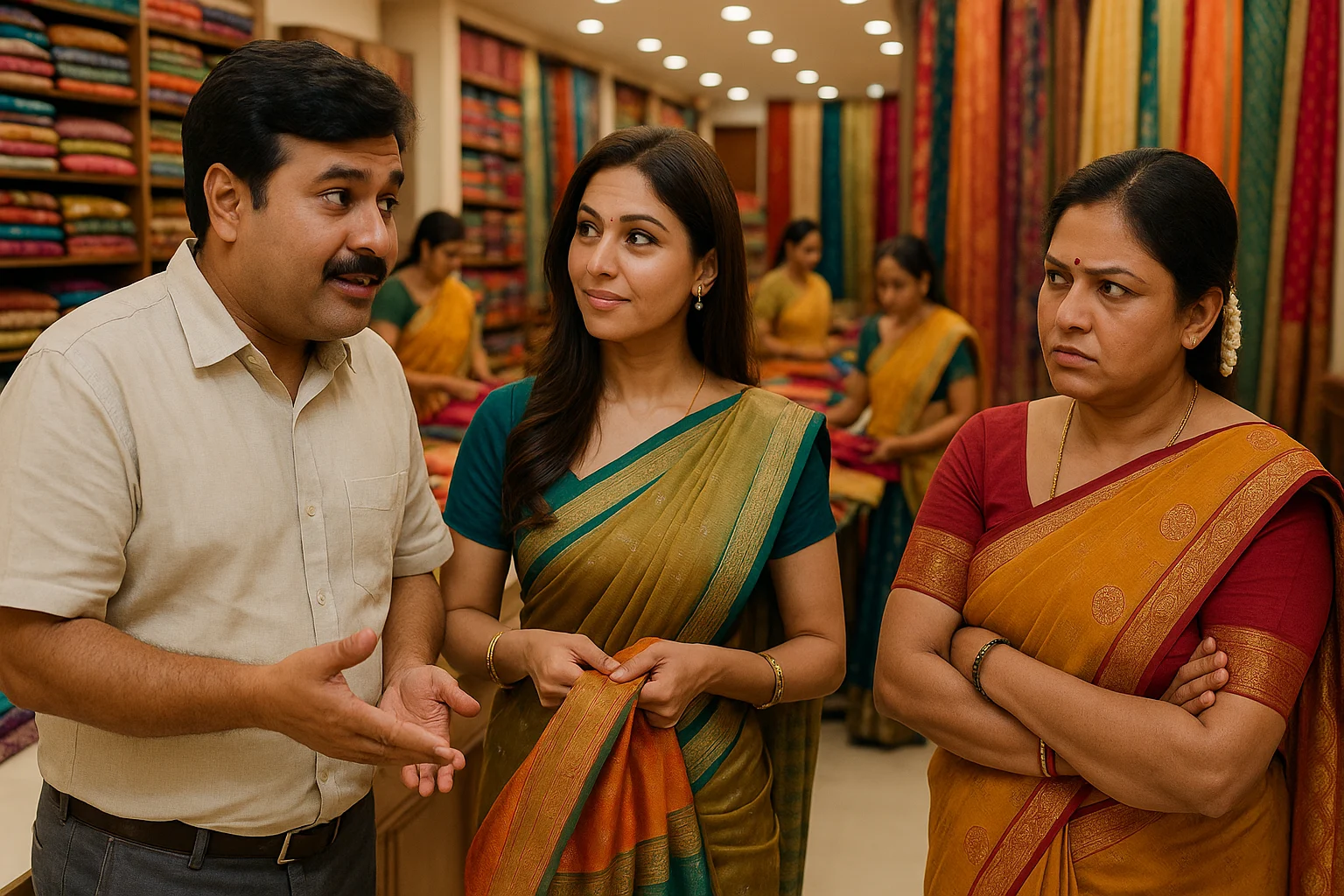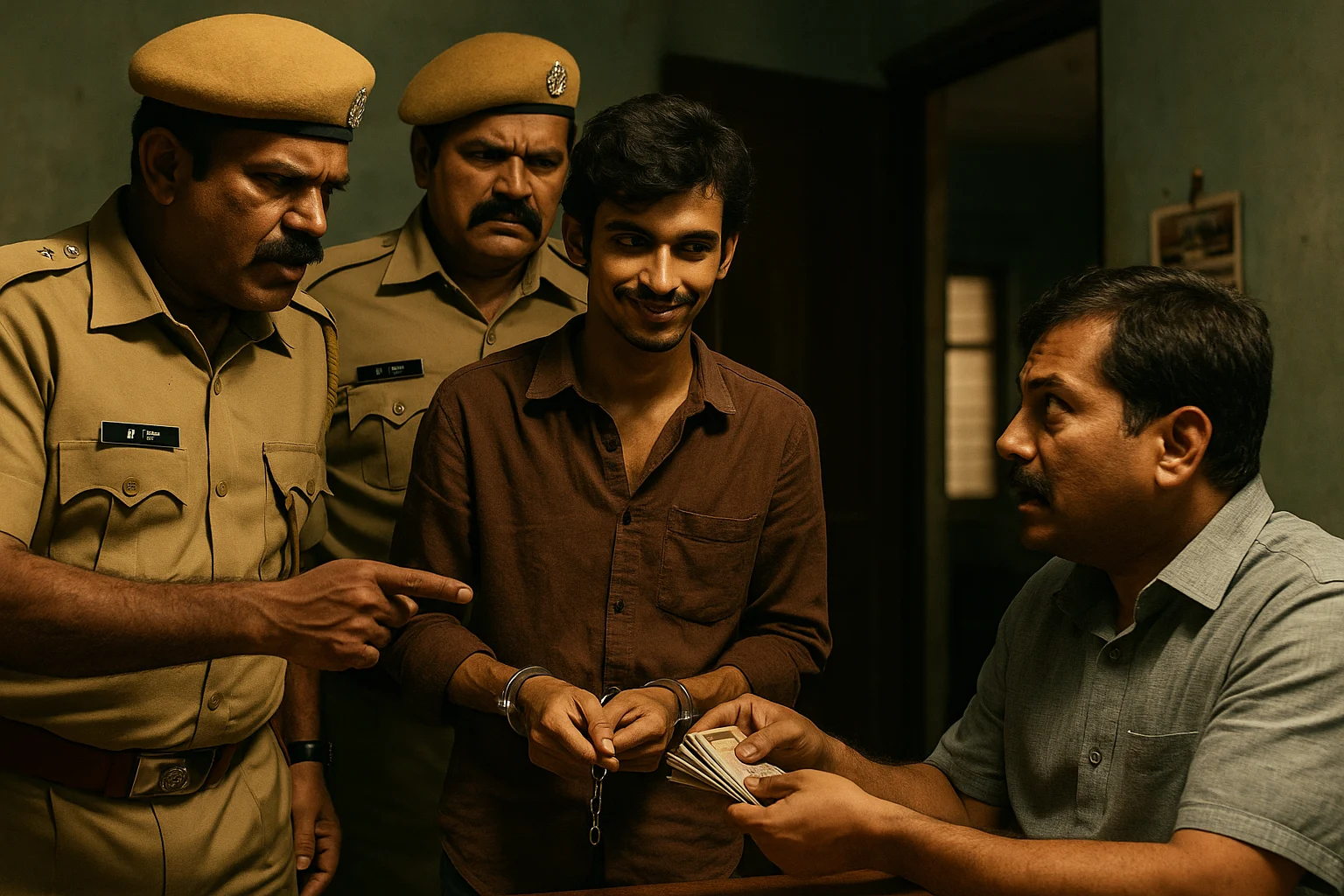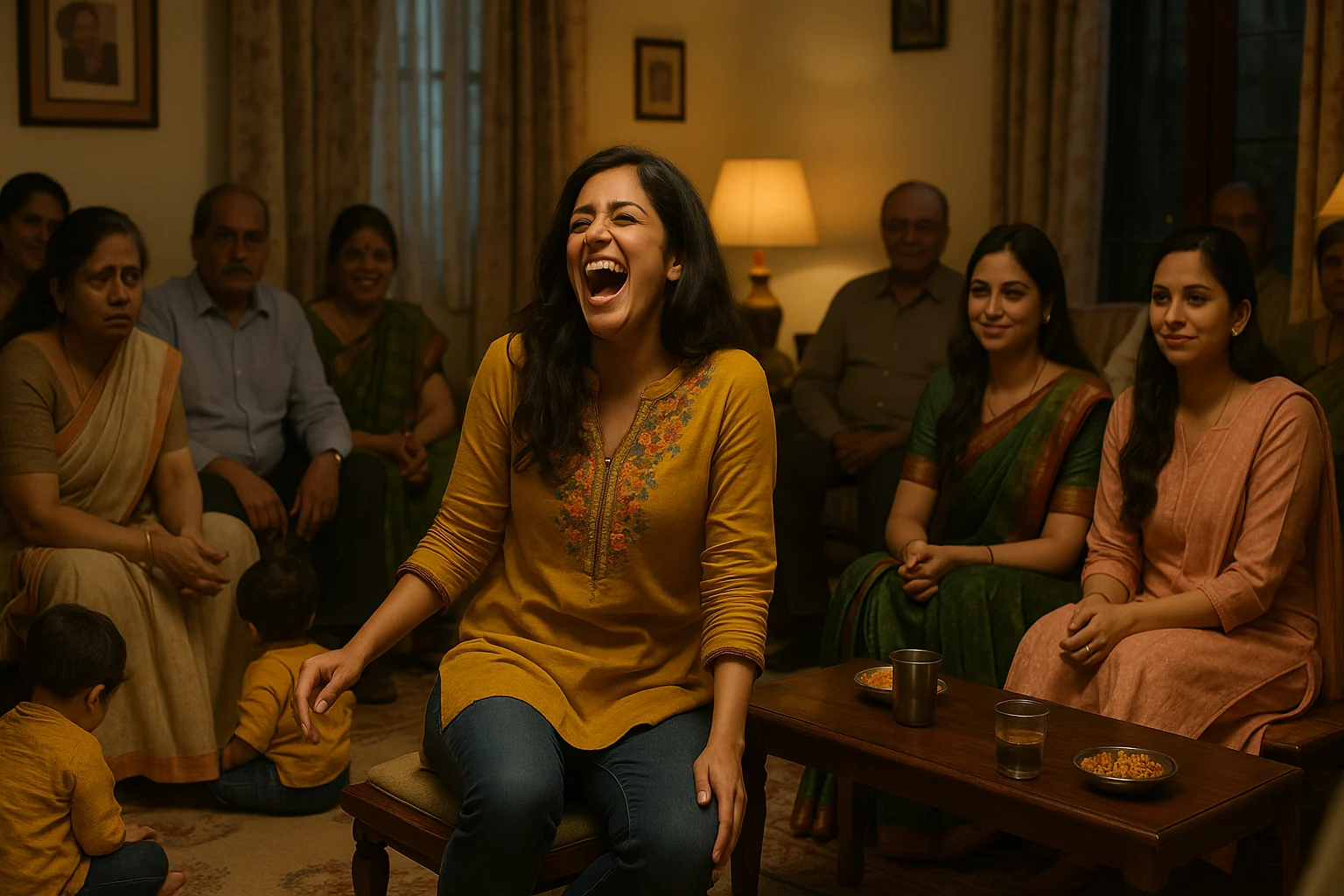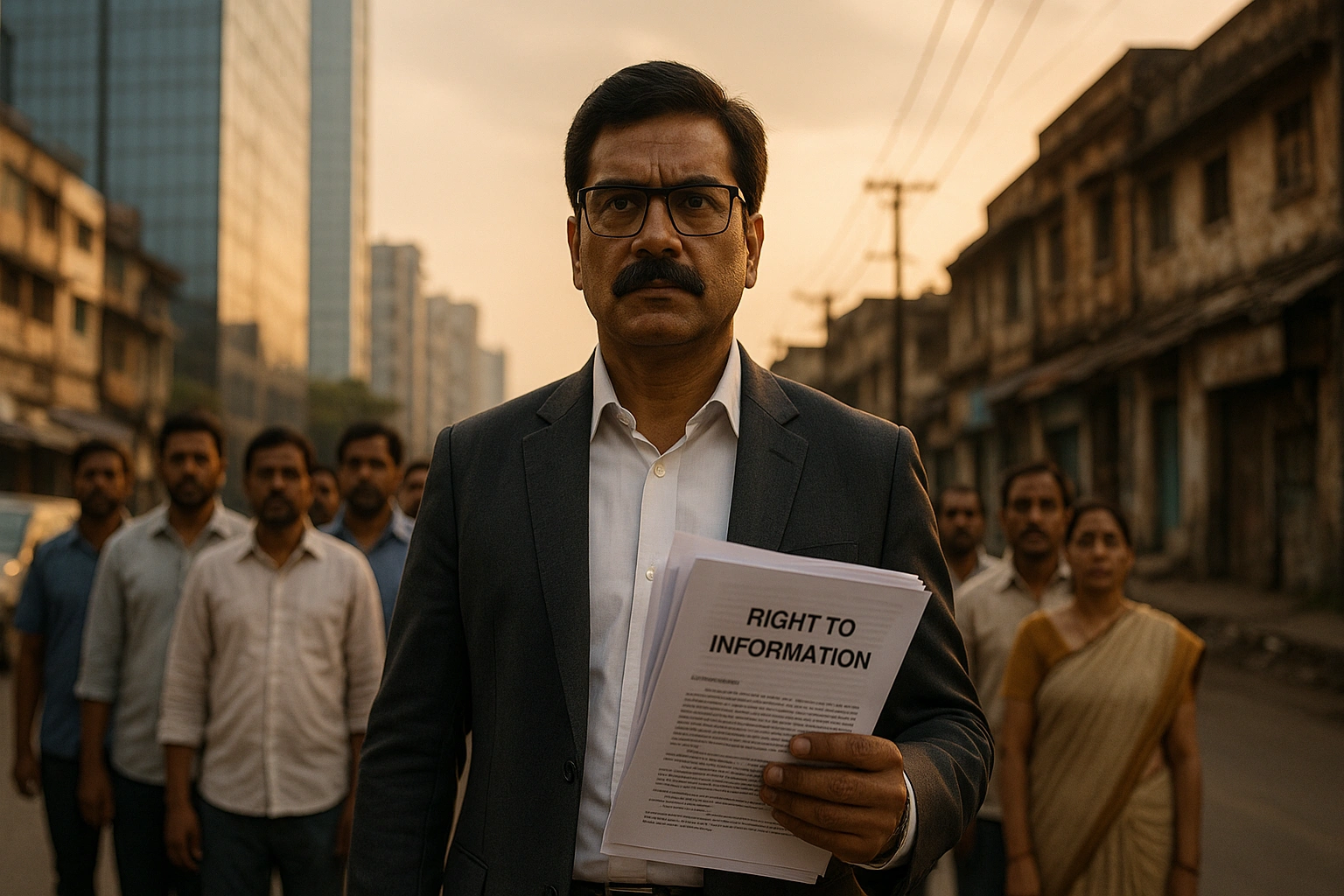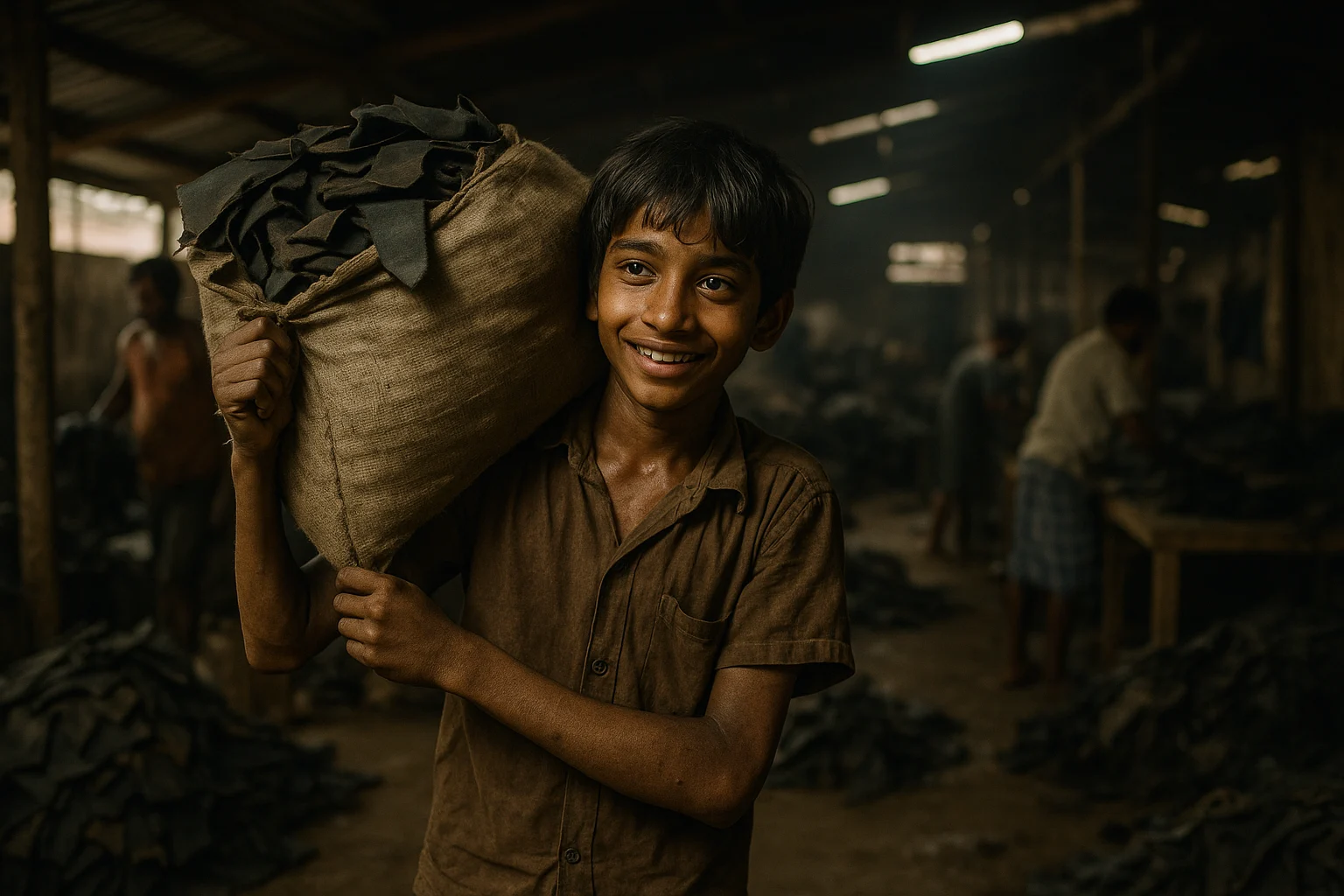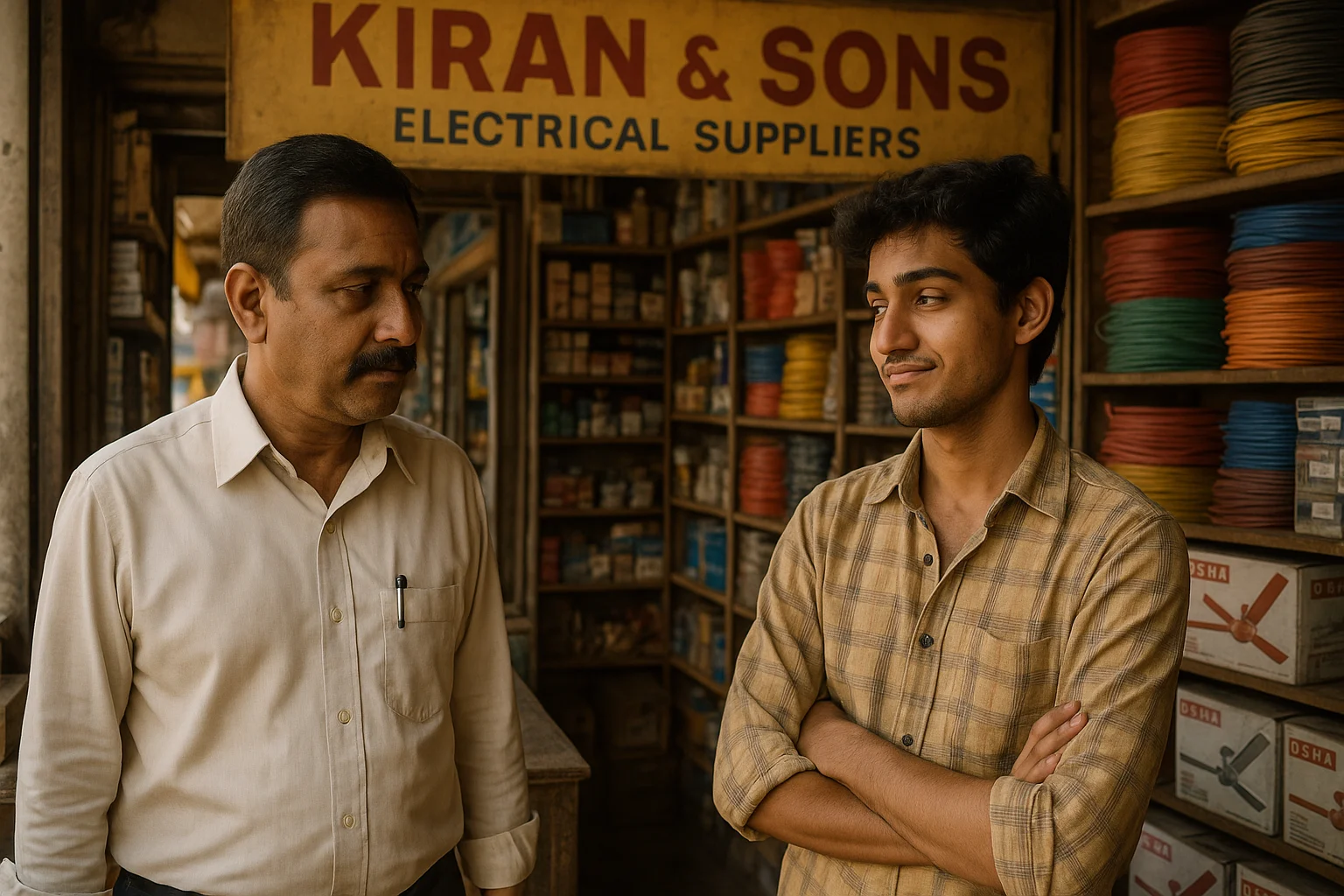In a dusty corner of Maharashtra, tucked between chai stalls and cow-dung plastered walls, lived Gopal Jadhav — a man who had mastered the art of blaming his poverty on everything but himself.
He wasn’t born unlucky. He simply never planned, never persisted, and never prepared.
For years, Gopal drifted from one half-hearted business idea to another. One month it was a paan stall. The next, he claimed he’d start “importing” tea leaves from Assam (through a friend of a friend who never existed).
Yet, despite his lack of vision, his family had bloomed.
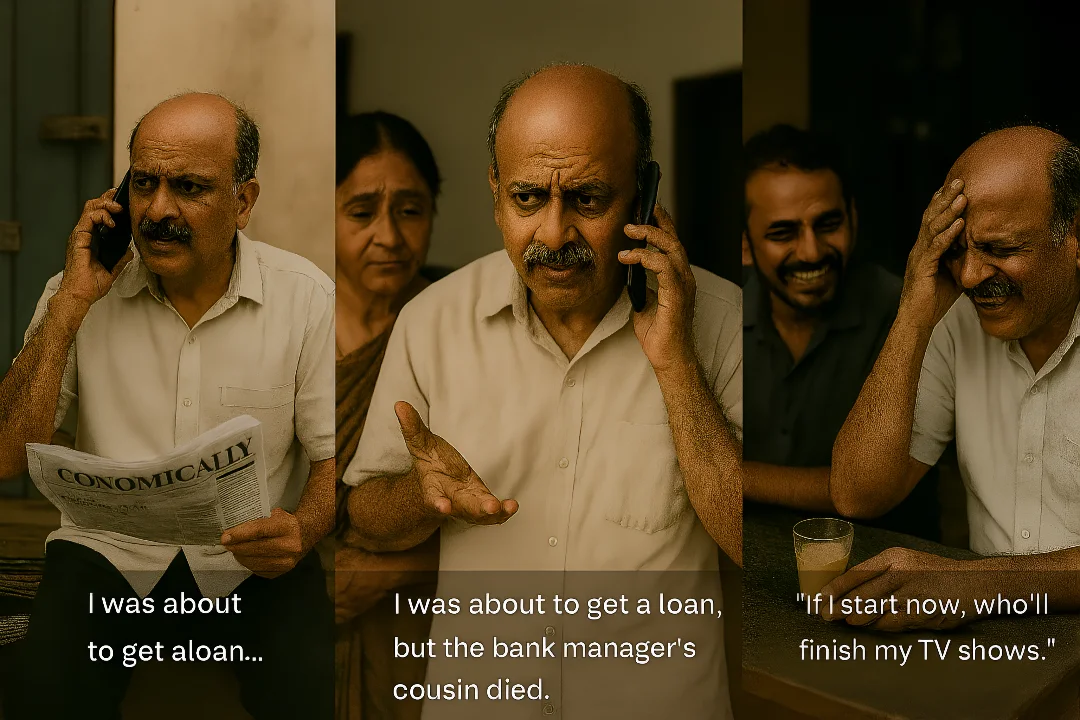
Gopal had three sons—Raju the car mechanic, Montu the electrician, and Bittoo the welder. None of them had studied past Class 12, not for lack of intelligence but because Gopal never had the foresight (or savings) to support their education.
But the sons had grit where Gopal had excuses.
Raju ran a small but efficient garage with a loyal client base. Montu rewired half the houses in the village and had his contact painted on every switchboard. Bittoo, though rough around the edges, had recently landed a contract with a local builder for iron grill fabrication.
They weren’t rich—but they were respected.
They were everything Gopal never managed to become.
Then There Was Kalyani
The only daughter in the family, Kalyani was the true star.
From the day she learned to write, Kalyani’s notebooks were filled with more awards than doodles. Scholarships followed her like a shadow, from school to her engineering college in Pune.
She dressed simply, spoke wisely, and sent half her salary home every month — which Gopal used to buy fancy hair oil and “research new ventures.”
She often joked, “Baba, I’m your investment. At least let me give you some return.”

The Proposal Nobody Wanted
At 26, Kalyani fell in love with Shubham — a fellow software engineer from Nashik, soft-spoken, well-mannered, and more impressed by Kalyani’s ideas than her looks.
When she introduced him on a video call, Gopal stared at the screen like it was a suspicious lottery ticket.
“What does he want from us?” he asked suspiciously.
“Nothing,” Kalyani replied.
“Exactly! That’s what’s fishy,” added Sumati, her mother.
Despite Shubham’s repeated attempts to visit and formally propose, Gopal always had a crisis. One week, Raju had “fever” (while fixing a scooter). Another week, Gopal claimed he was “emotionally disturbed” due to global warming.
The real reason?
They didn’t want to spend on her wedding.
Sumati even whispered once, “Let her go. No dowry, no guests, no band-baja. Imagine the savings!”
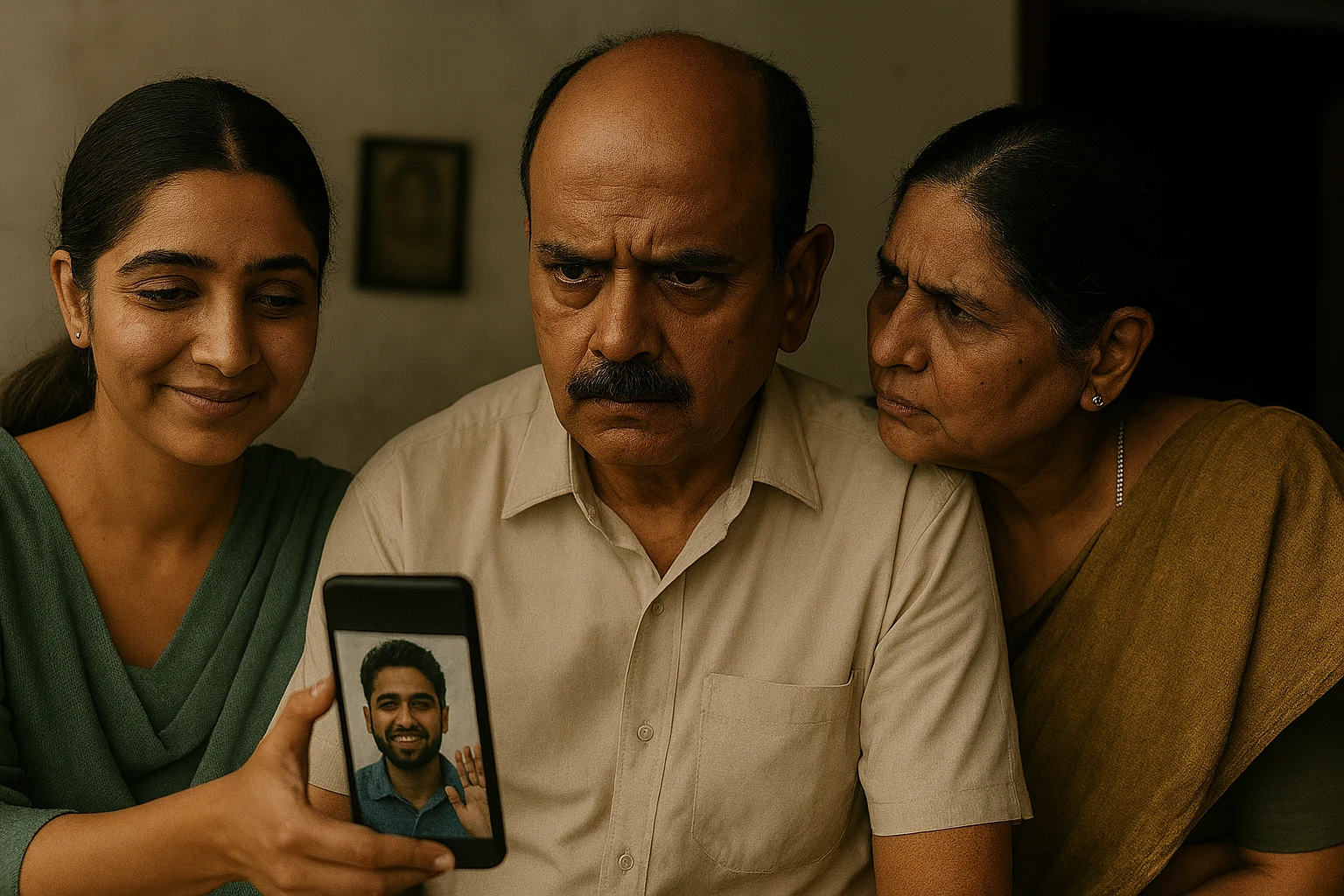
The Quiet Wedding
When it became clear that her parents were playing hide and seek with her future, Kalyani made a decision.
She married Shubham in court with only two friends and an awkwardly dressed registrar.
She kept it simple—no lehenga, no mehendi, no “selfie with bride” drama. But she had the widest smile in the photos.
She invited her family. They didn’t come.
Raju wanted to attend, but Gopal stopped him with, “Will you also waste petrol for a wedding that’s not even ours?”
Montu and Bittoo were conflicted but silent.

The Reunion
Three months later, Gopal and Sumati arrived at Kalyani’s Pune flat. Shubham opened the door to find them holding a box of cheap soan papdi and wearing expressions of exaggerated guilt.
“Kalyani beta, we were… unwell,” said Gopal.
“With respect,” said Kalyani, “you’ve always been unwell—with responsibilities.”
Sumati tried the emotional route. “We’re your parents. Won’t you forgive us?”
Kalyani didn’t argue. She served tea, smiled, and let the silence do the rest.

The Village Speaks
Word got out. Not that Gopal cared—until it became a punchline.
The villagers began mocking him: “That’s Gopal! Skipped his daughter’s wedding like it was a dentist appointment.”
One day, when Bittoo went to discuss a match for himself, the bride’s father asked, “Is this the same family that didn’t even attend their daughter’s wedding?”
The proposal was rejected.
“Maybe next time offer a reception for practice,” the father sneered.
Meanwhile, Raju’s garage expanded, Montu hired an assistant, and Bittoo was making steel gates like a modern-day Bhim.
But none of them could erase the shadow Gopal’s stinginess had cast.
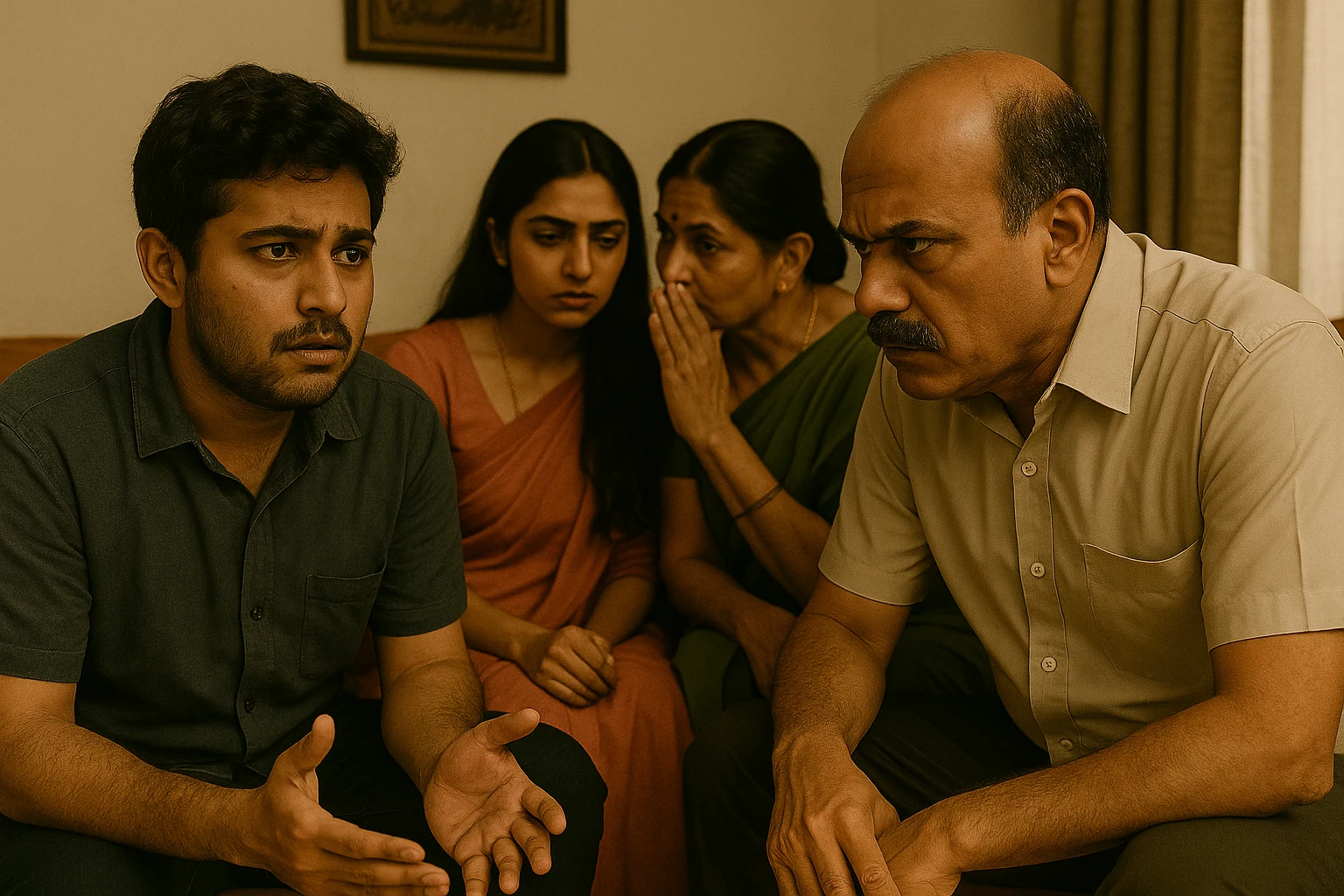
The Hospital Bed Confession
When Gopal was hospitalized with high blood sugar, Kalyani rushed to him.
Despite everything, she held his hand.
“Beta,” he said weakly, “I thought I was saving money… but I ended up losing my daughter.”
Kalyani smiled gently, “No, Baba. You just delayed the EMI of your guilt.”
Sumati wept in the hallway.
Later, Kalyani treated her parents to lunch at a nearby restaurant.
This time, Gopal didn’t ask if the water was complimentary.

Moral of the Story:
A miser’s savings might add up in his bank, but the real cost is paid in relationships and respect.
Receive Stories and Articles in your Inbox!
We won’t send any promotional or spam emails.
